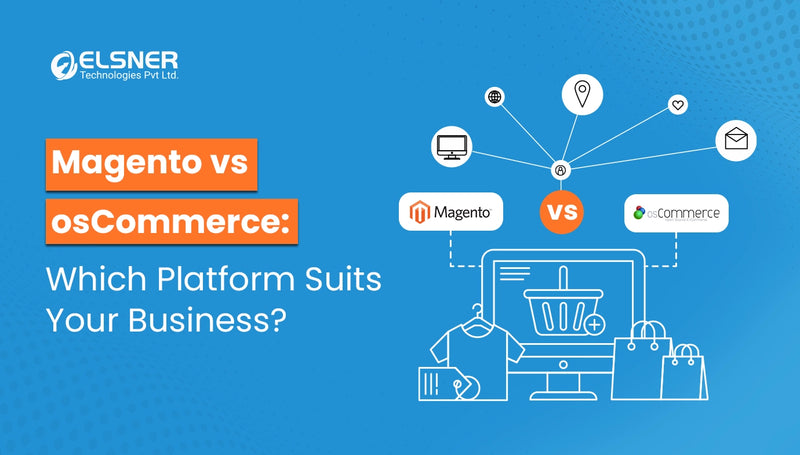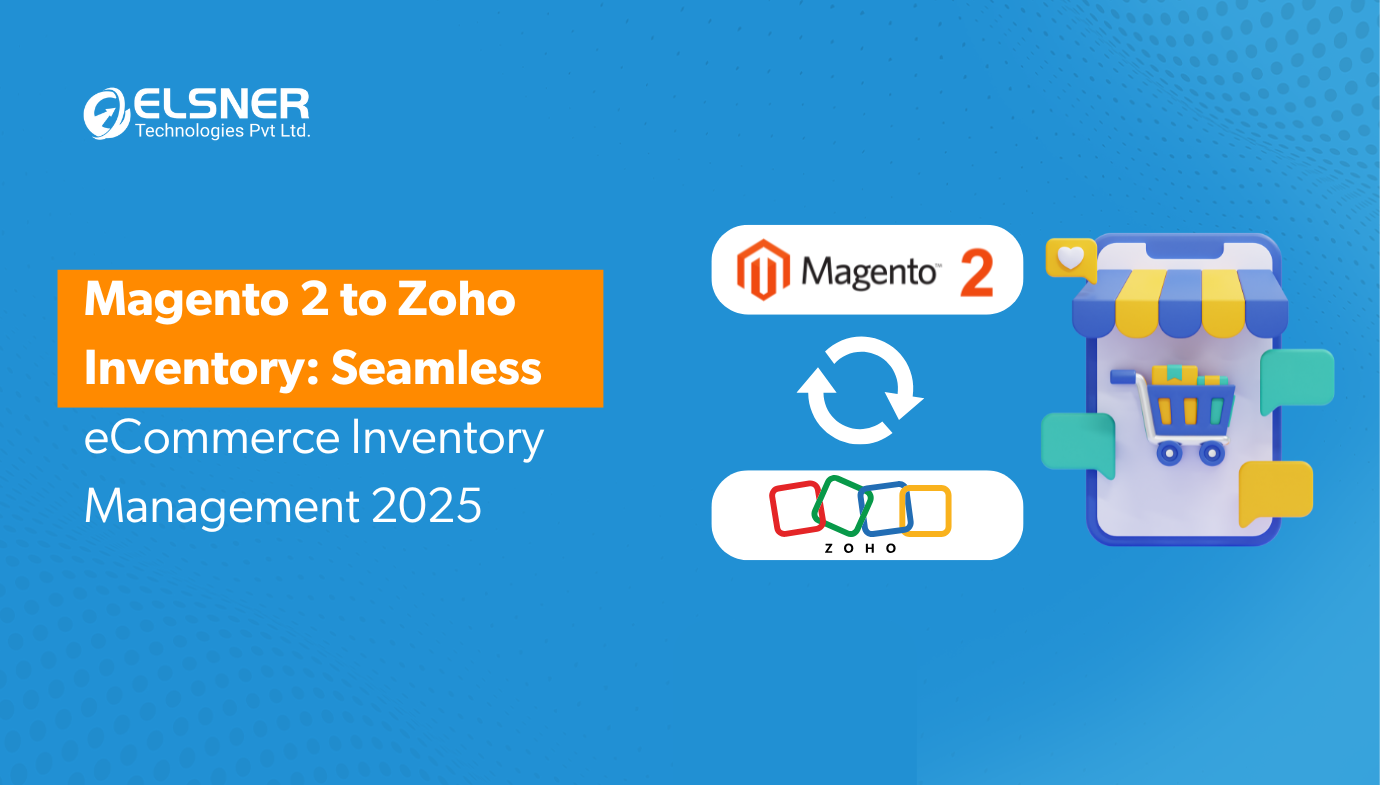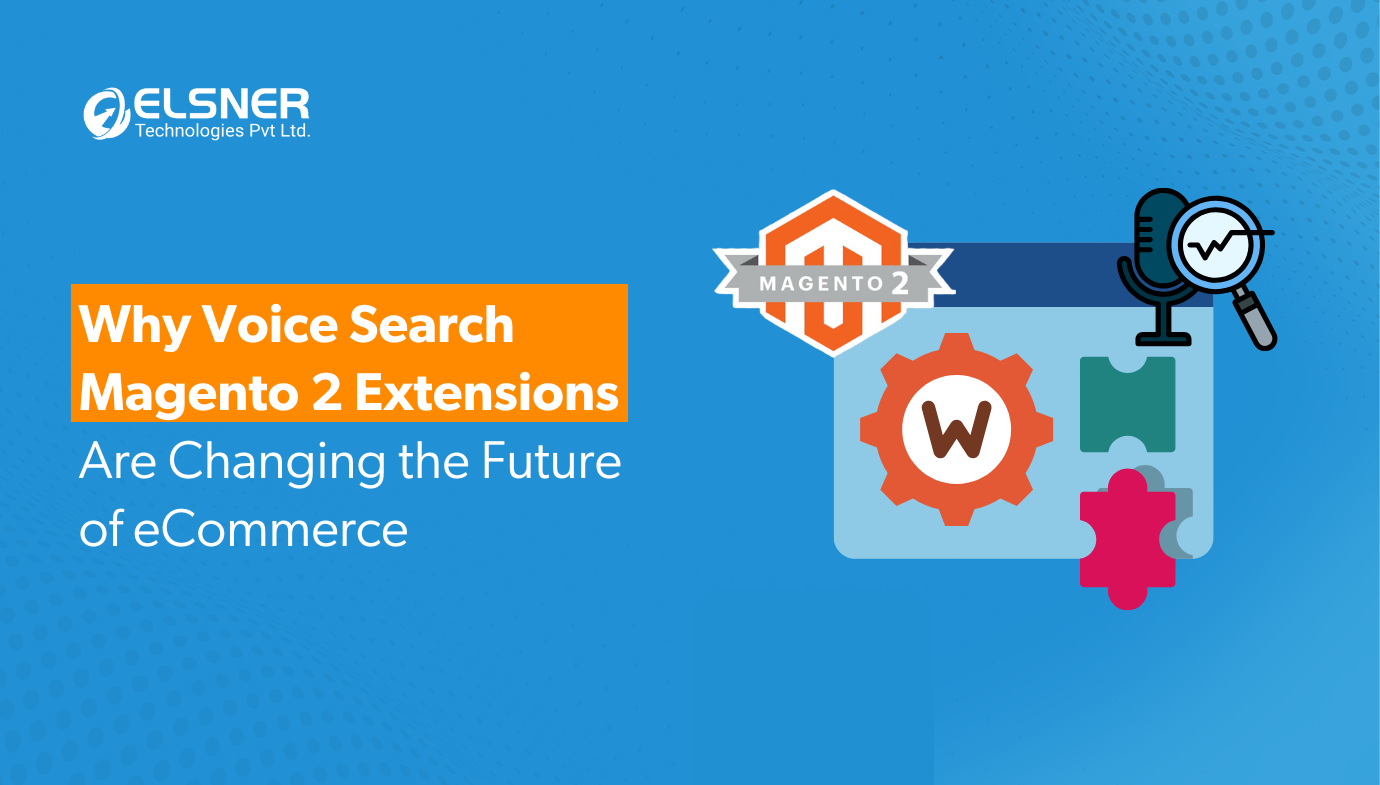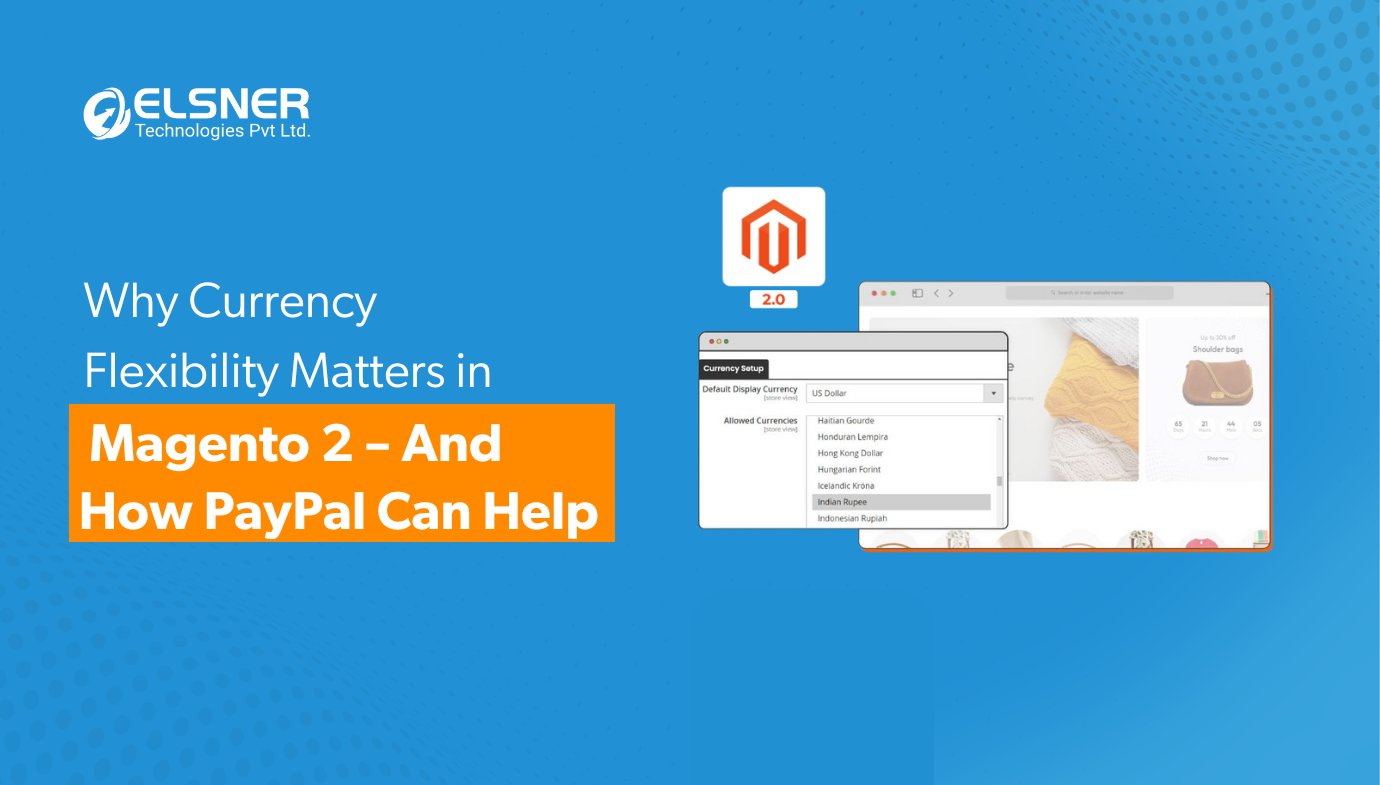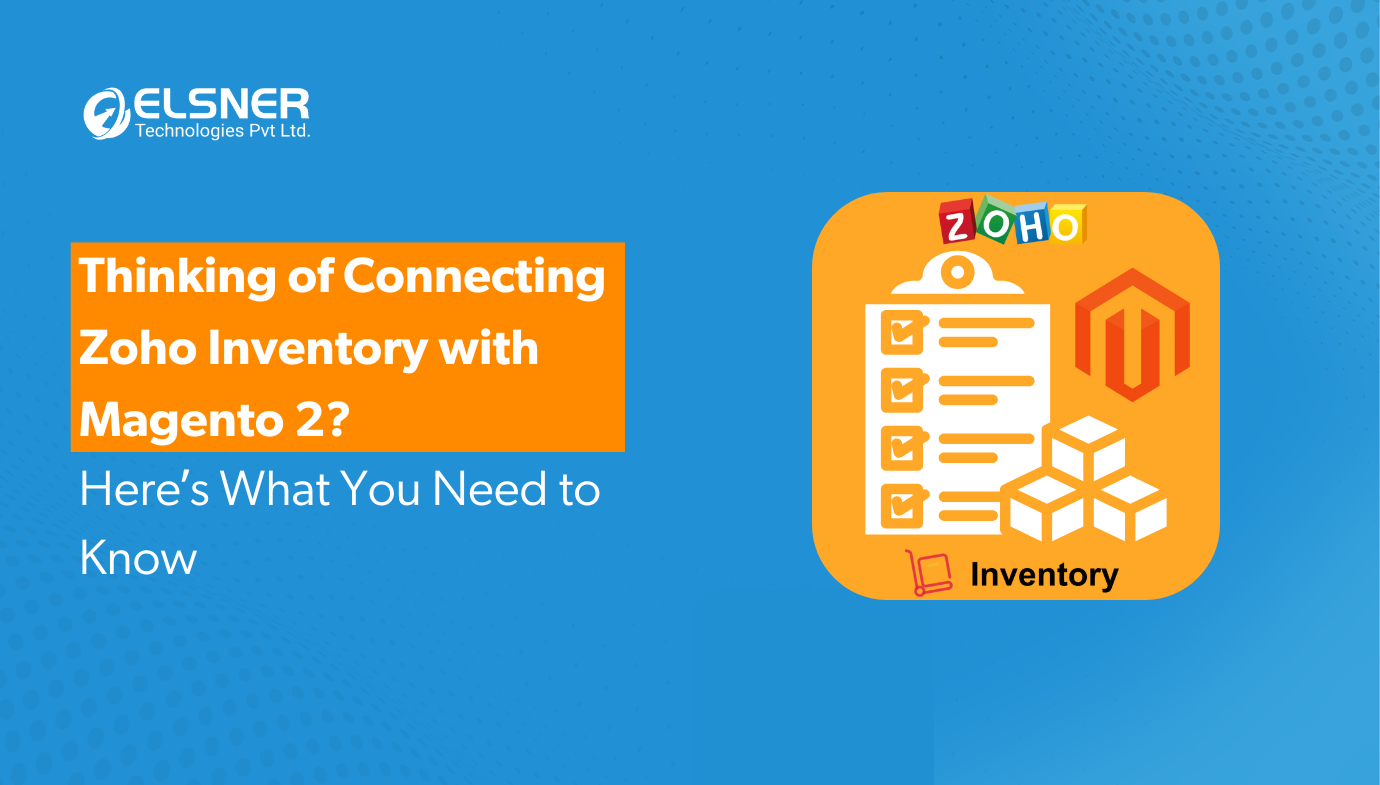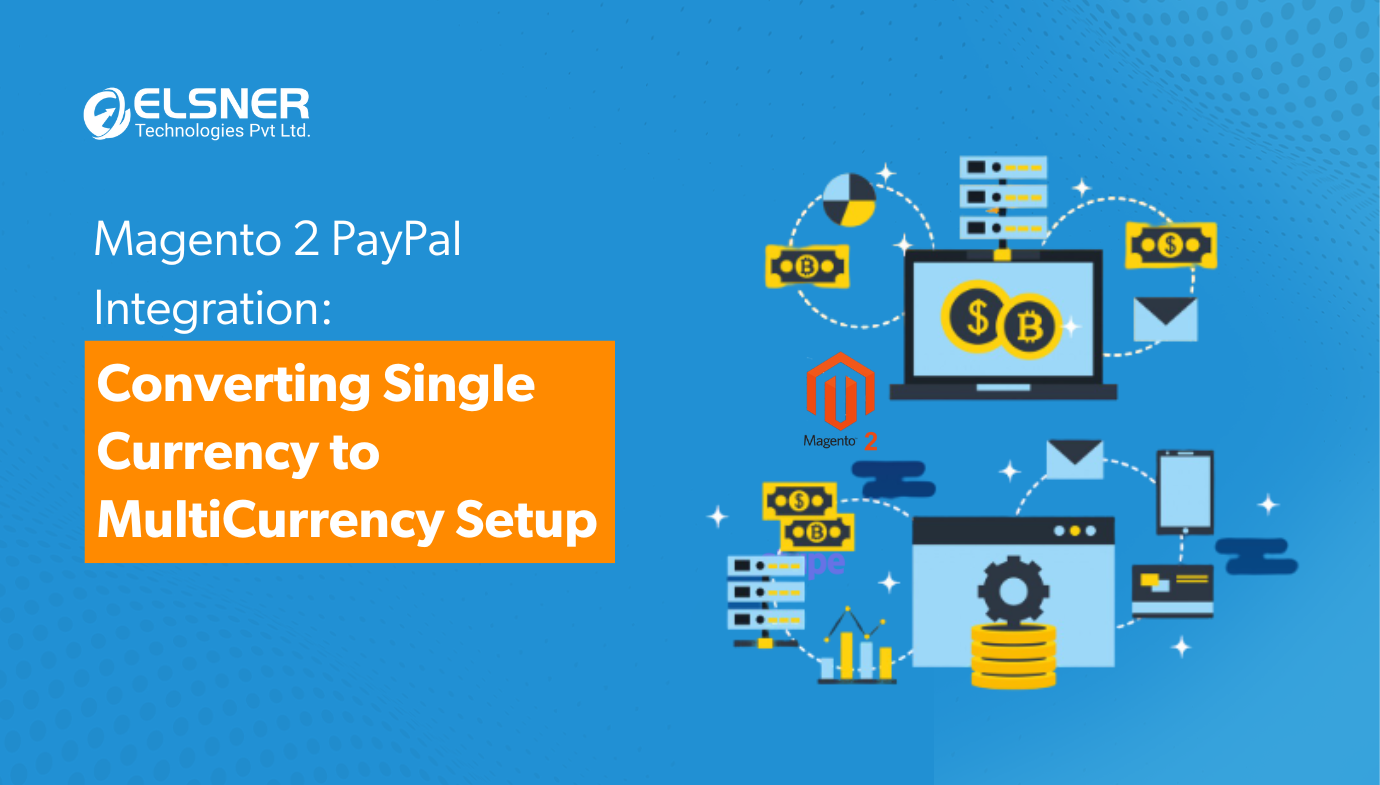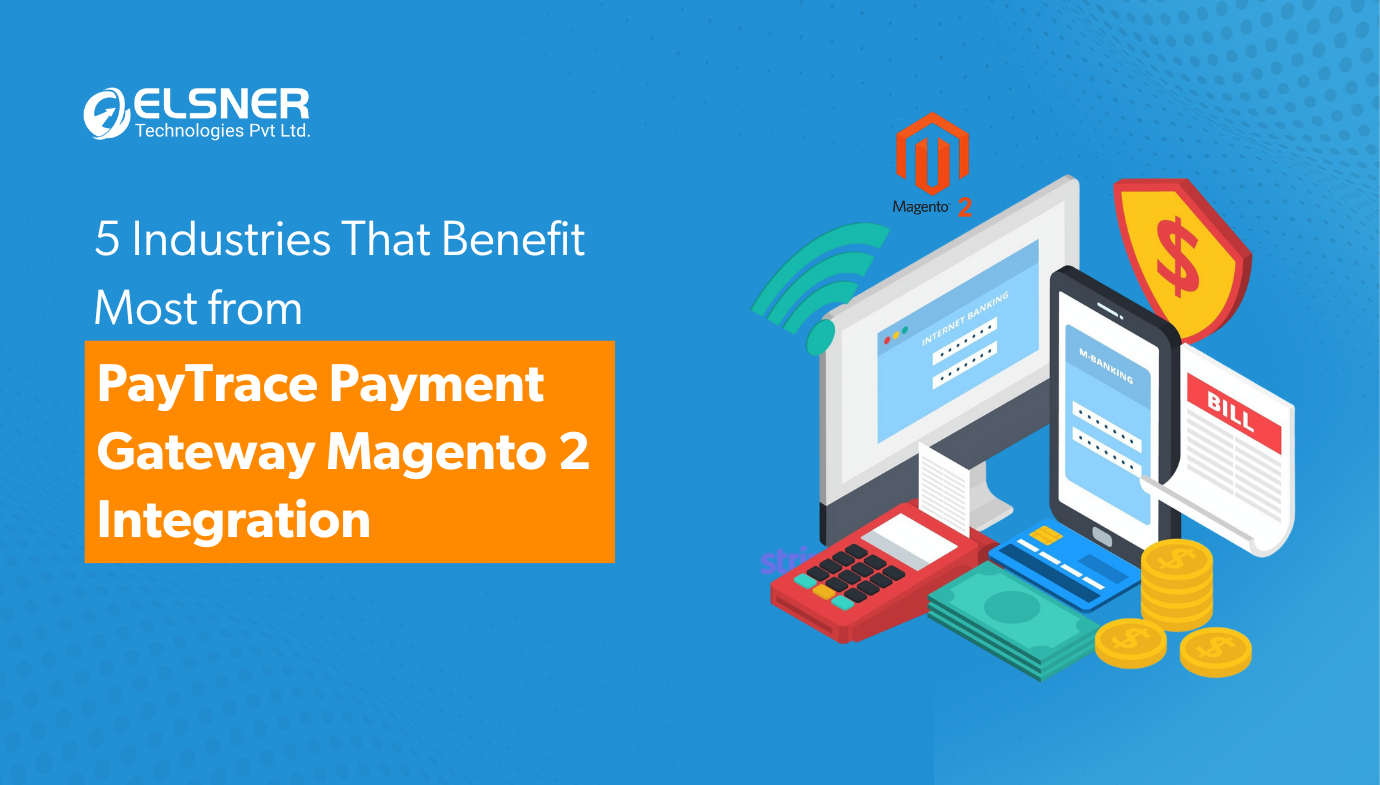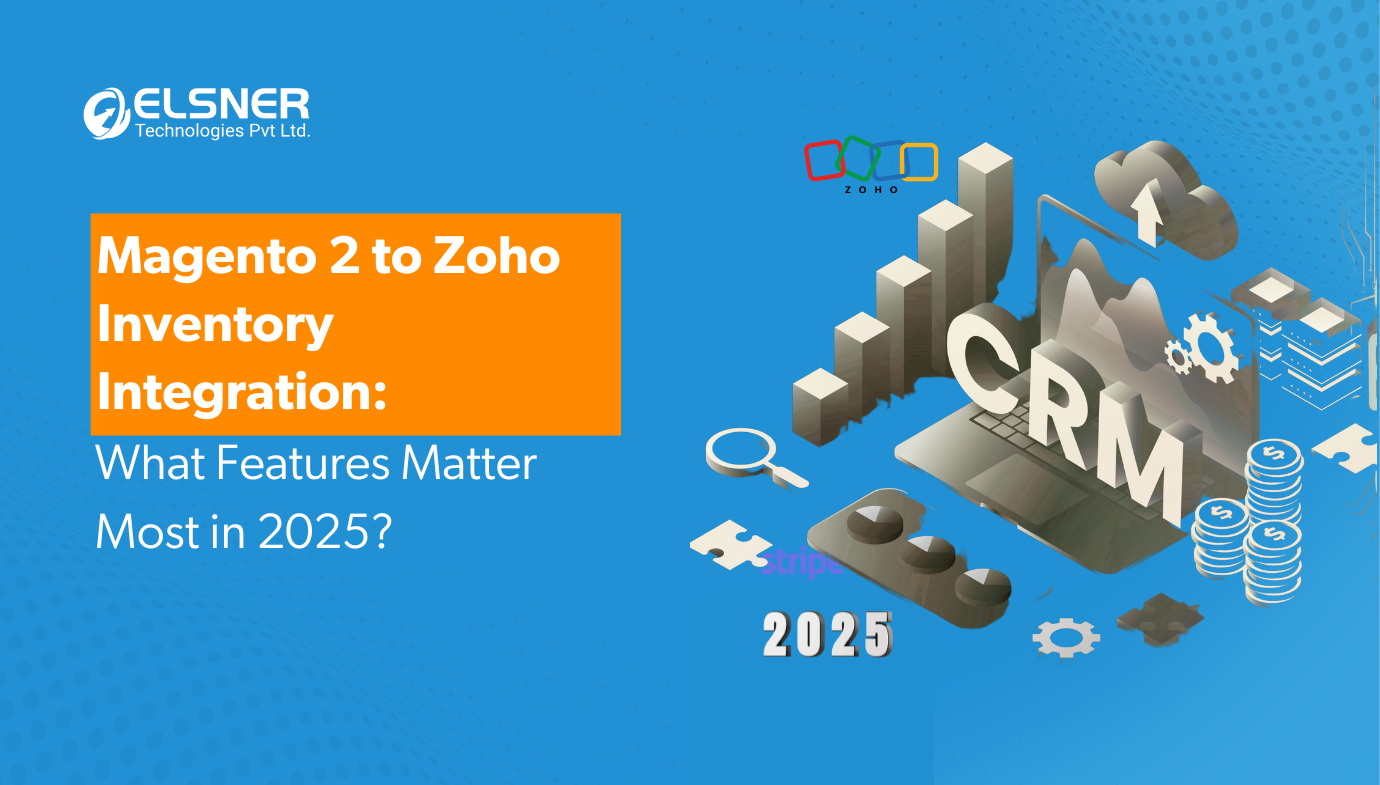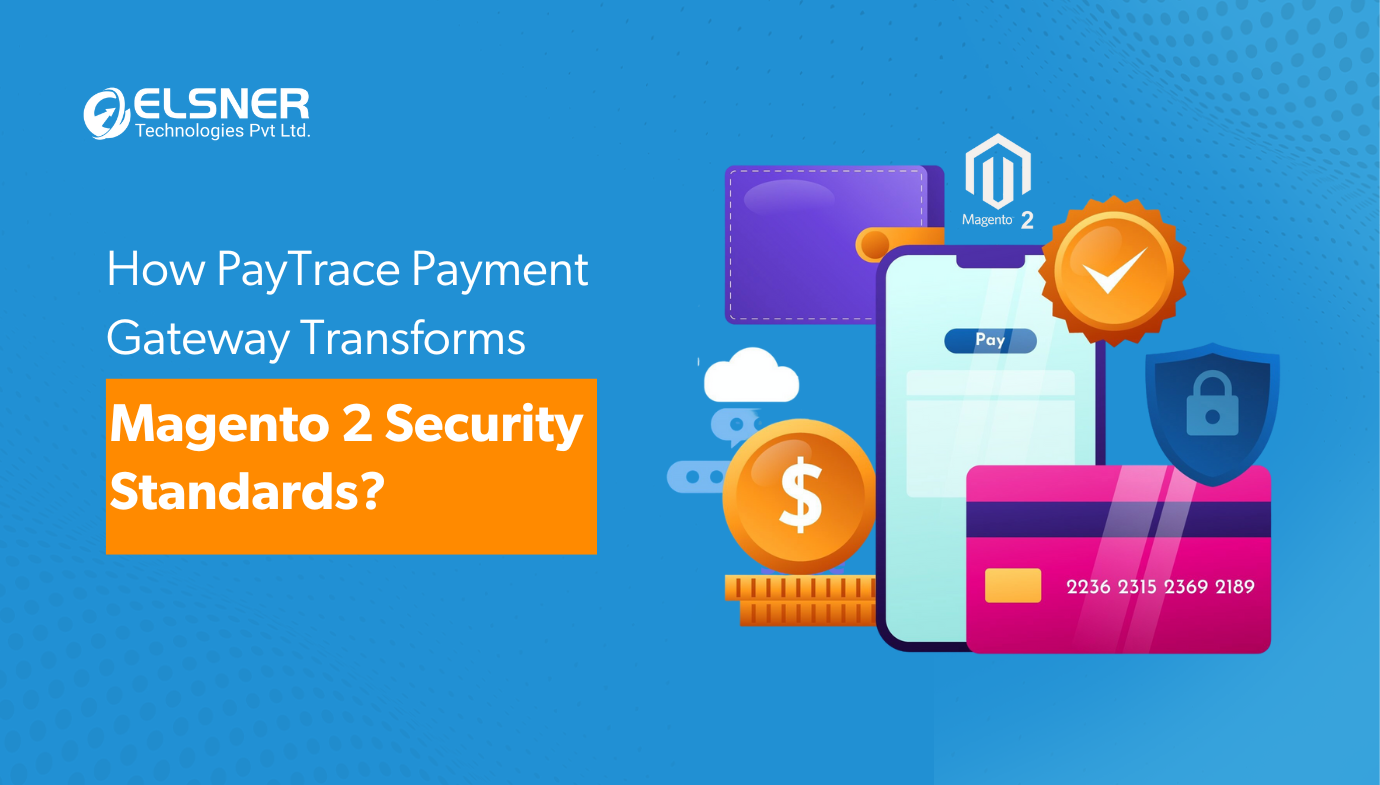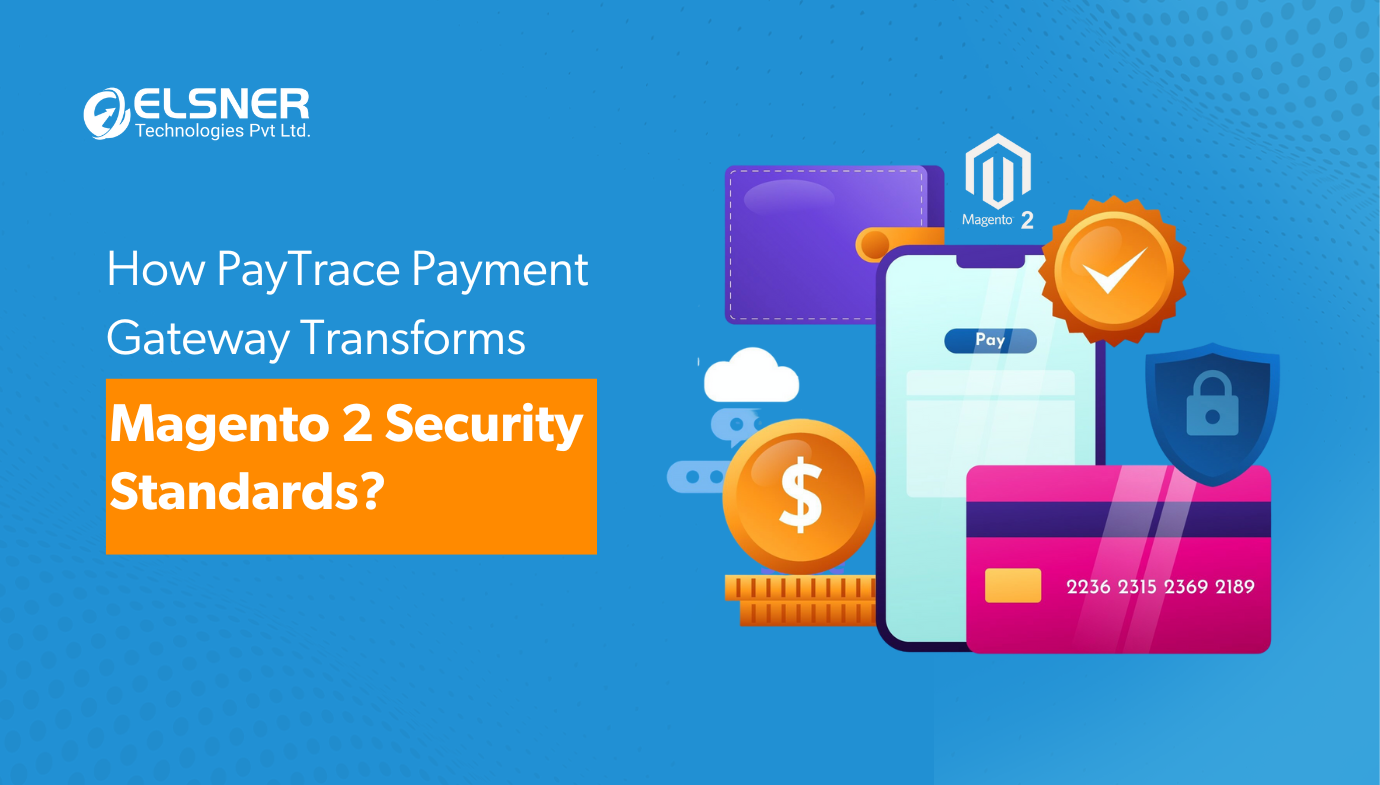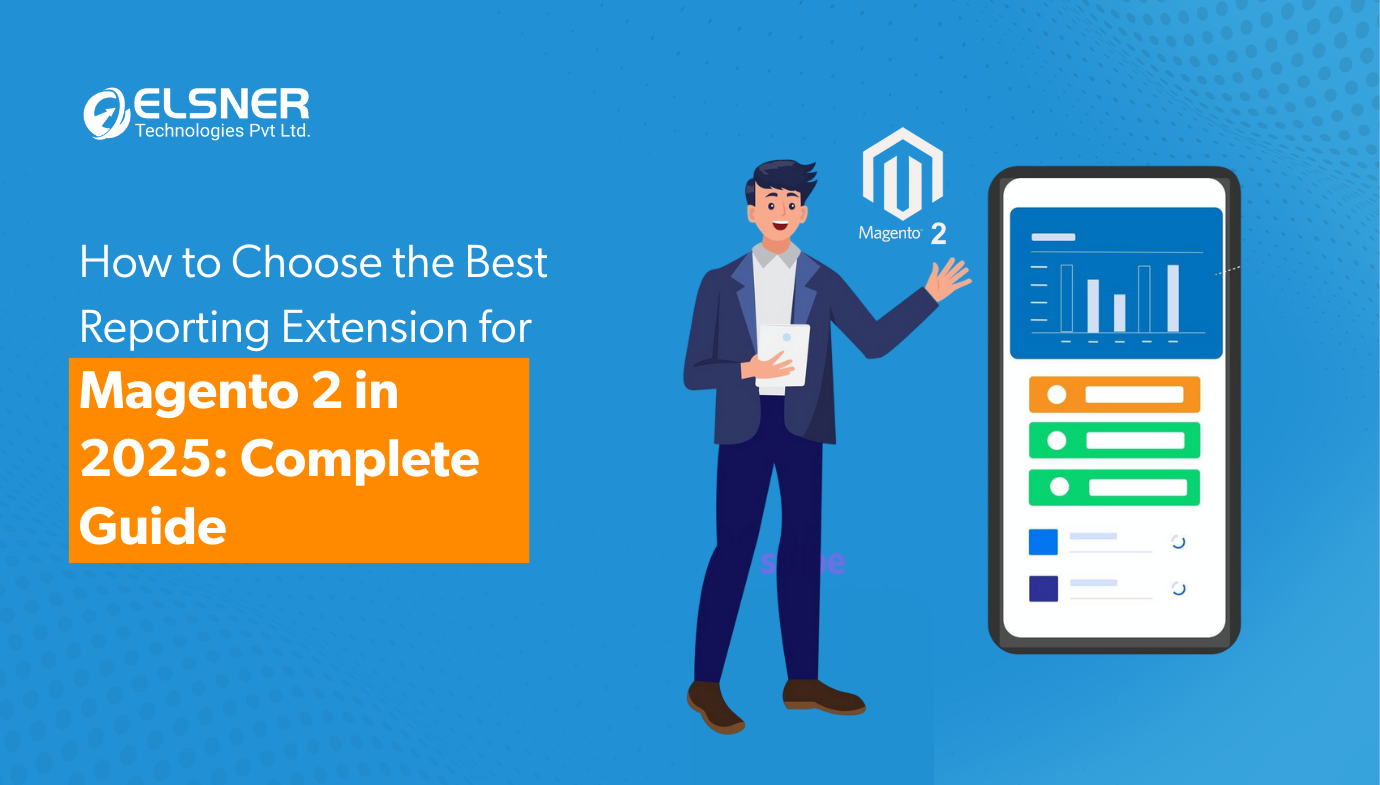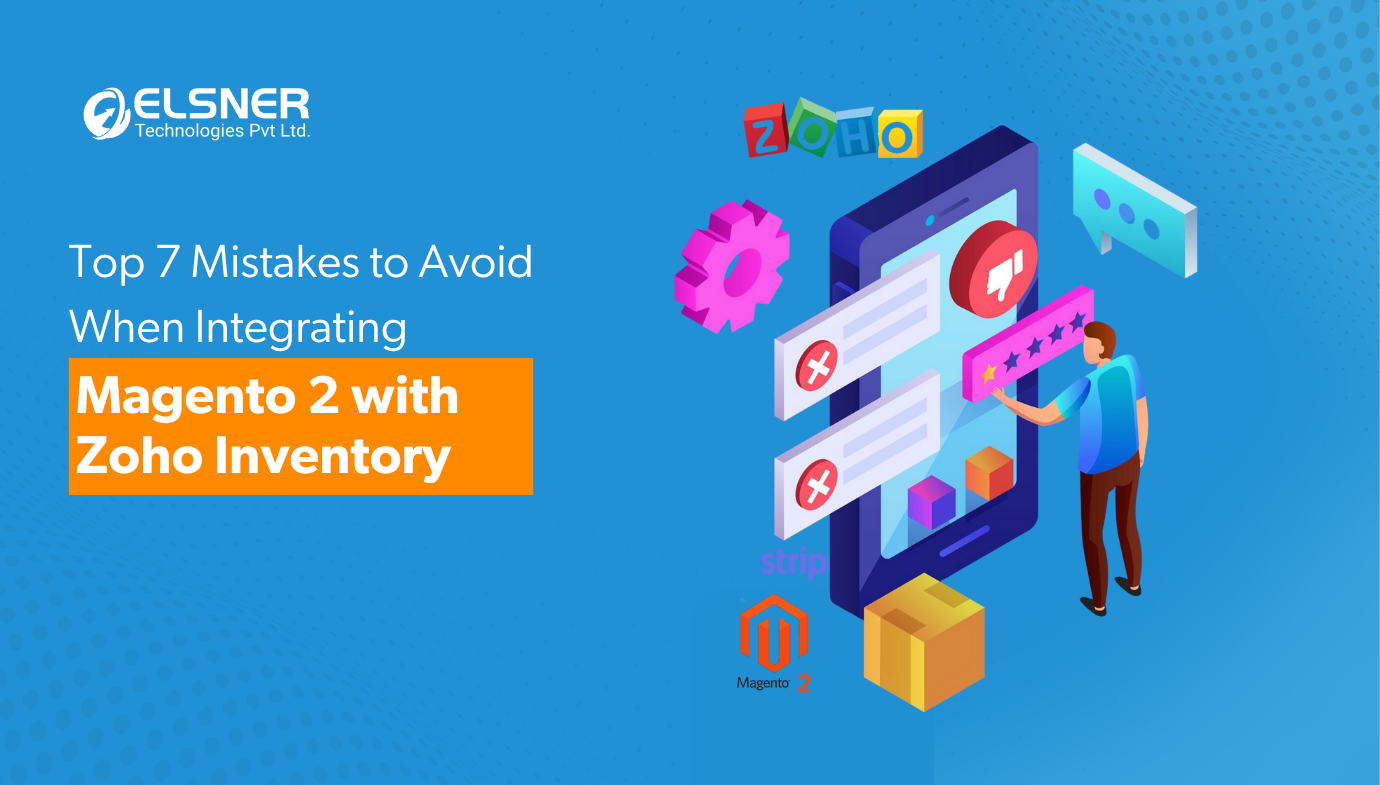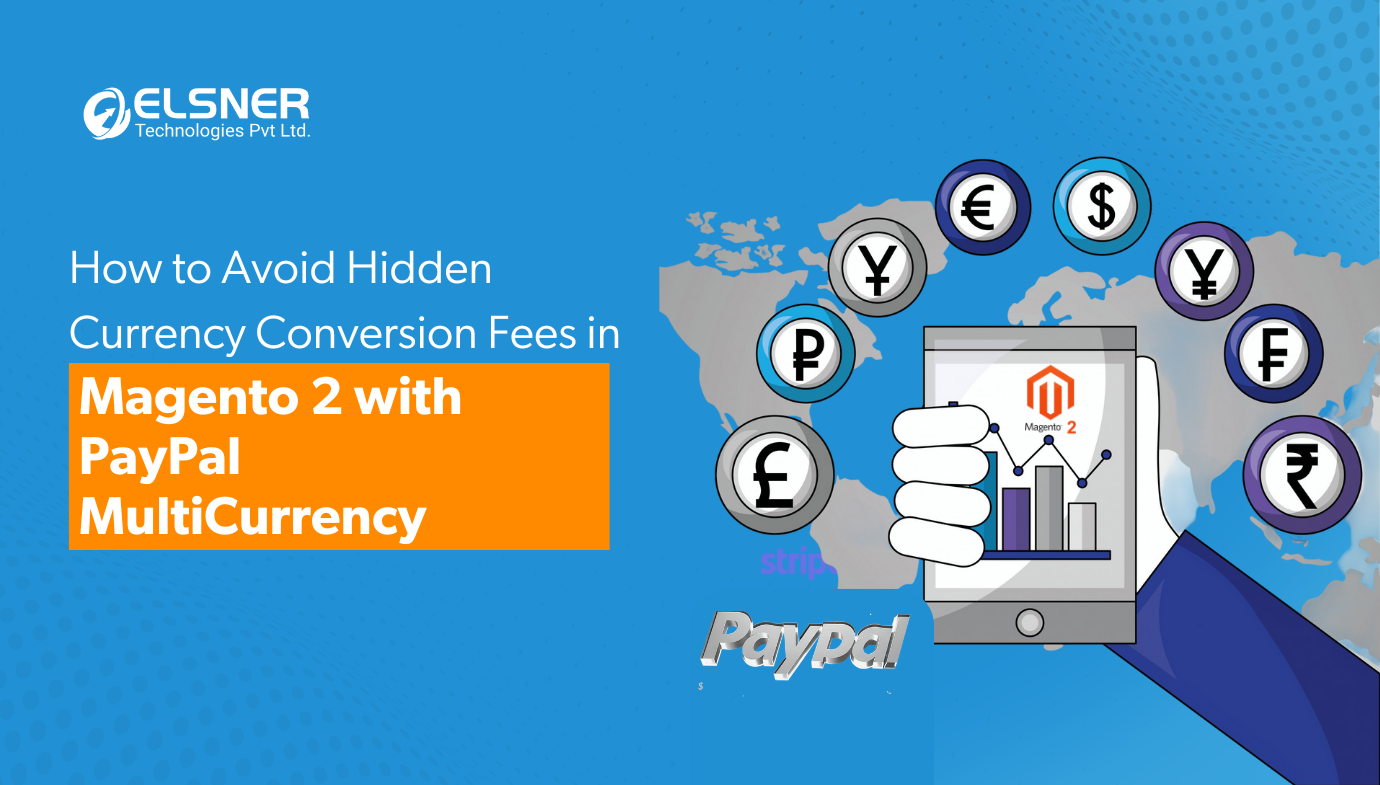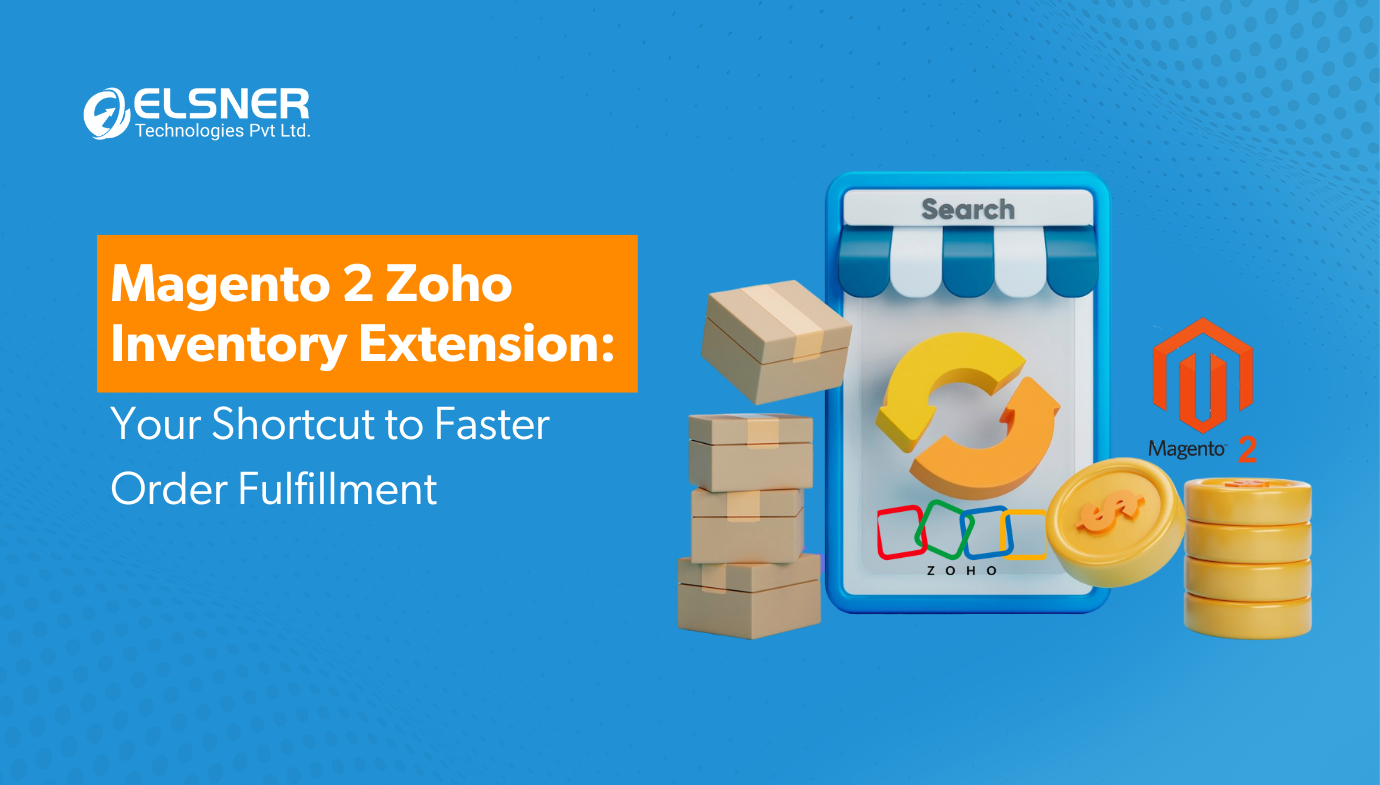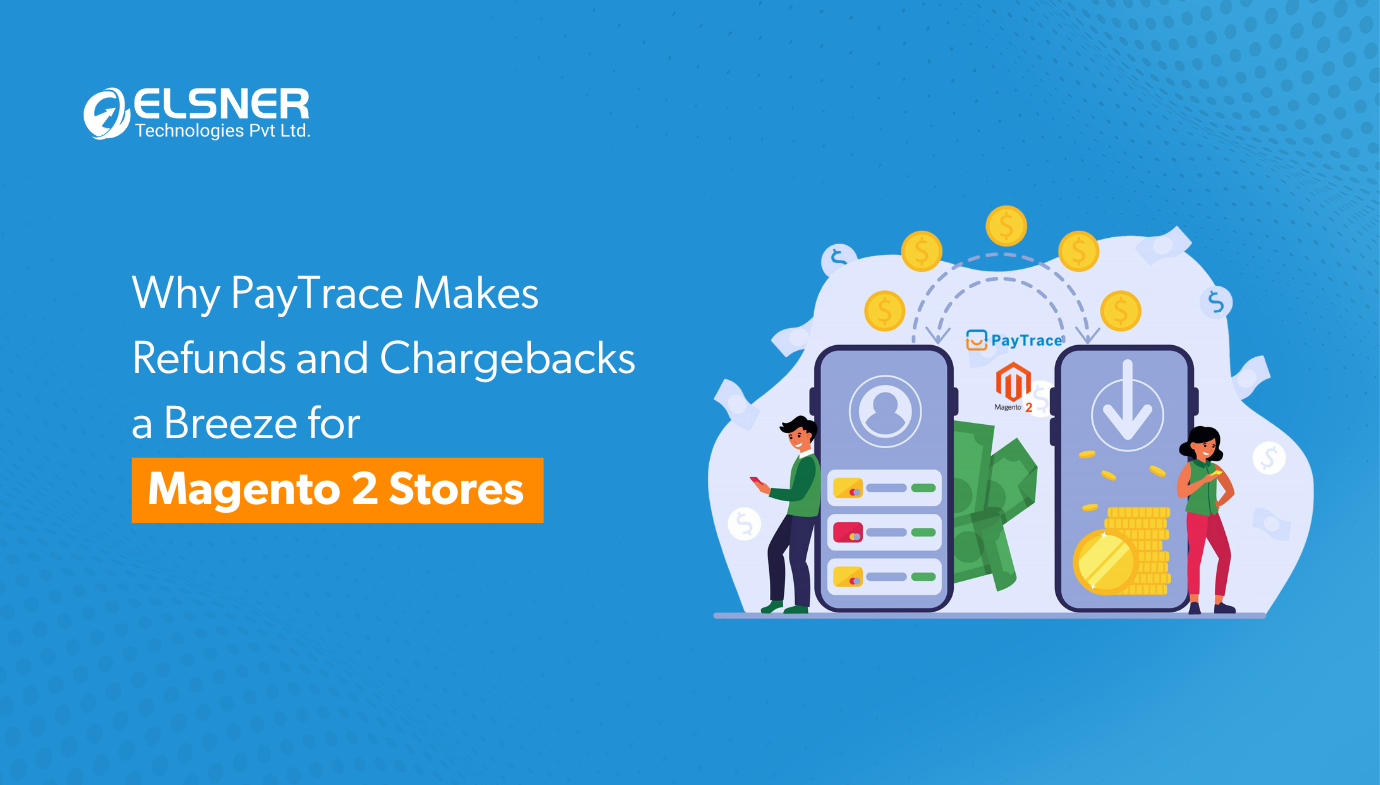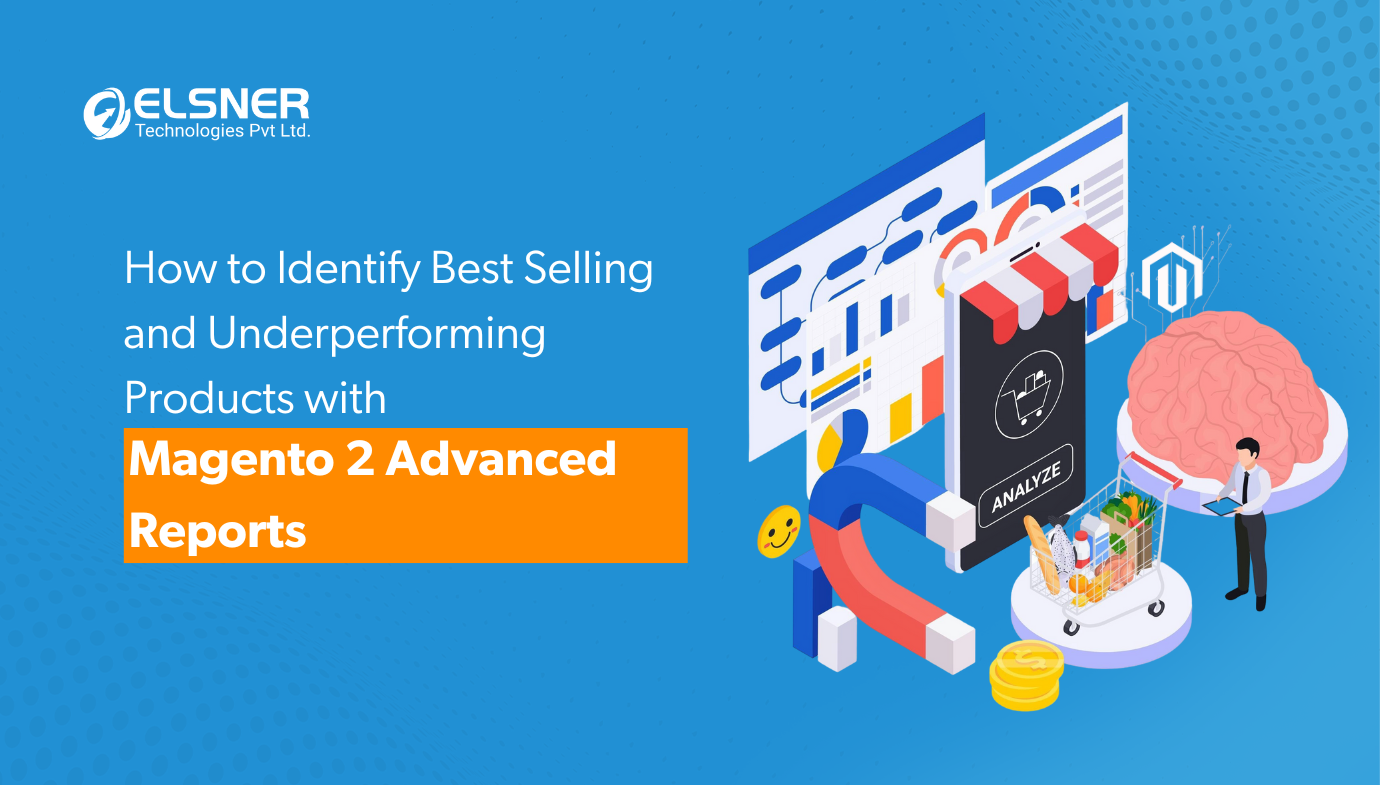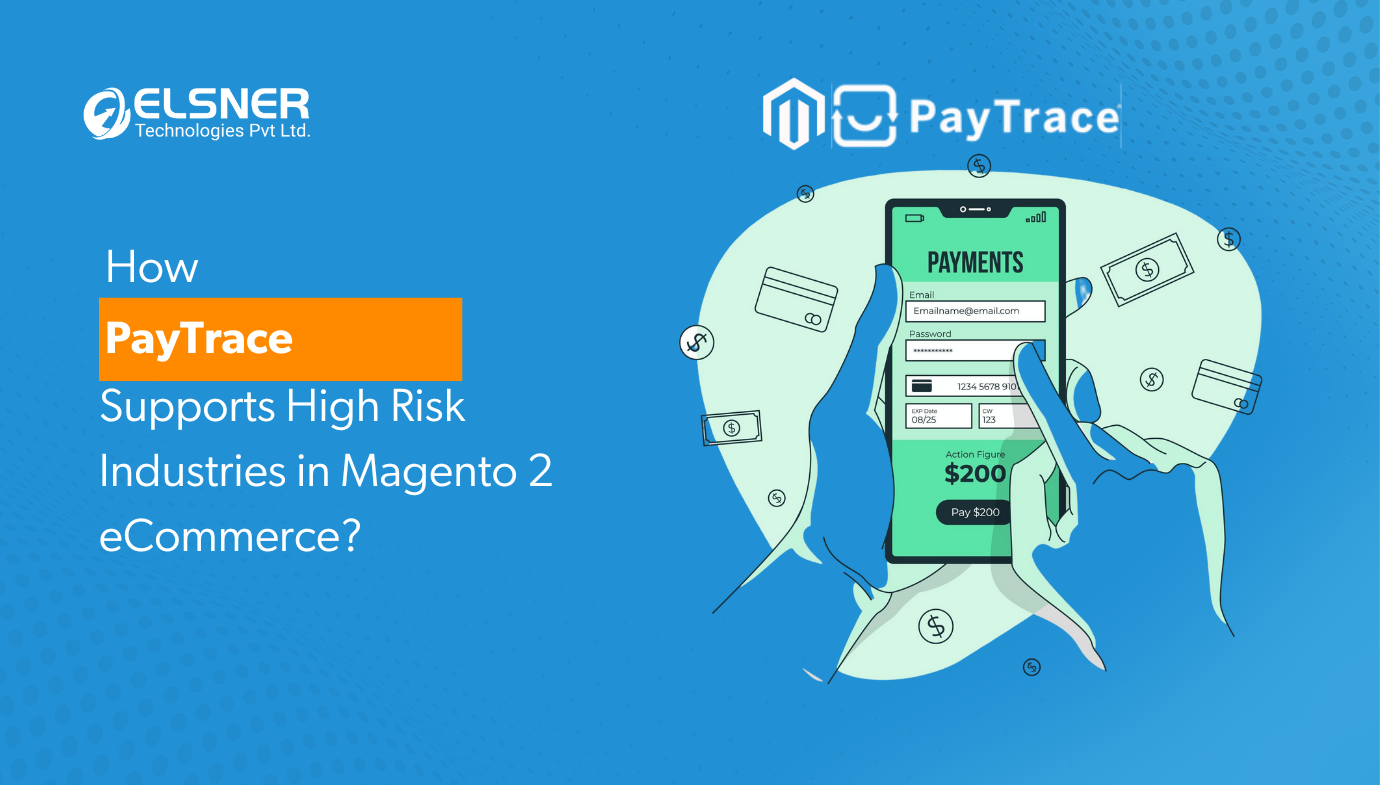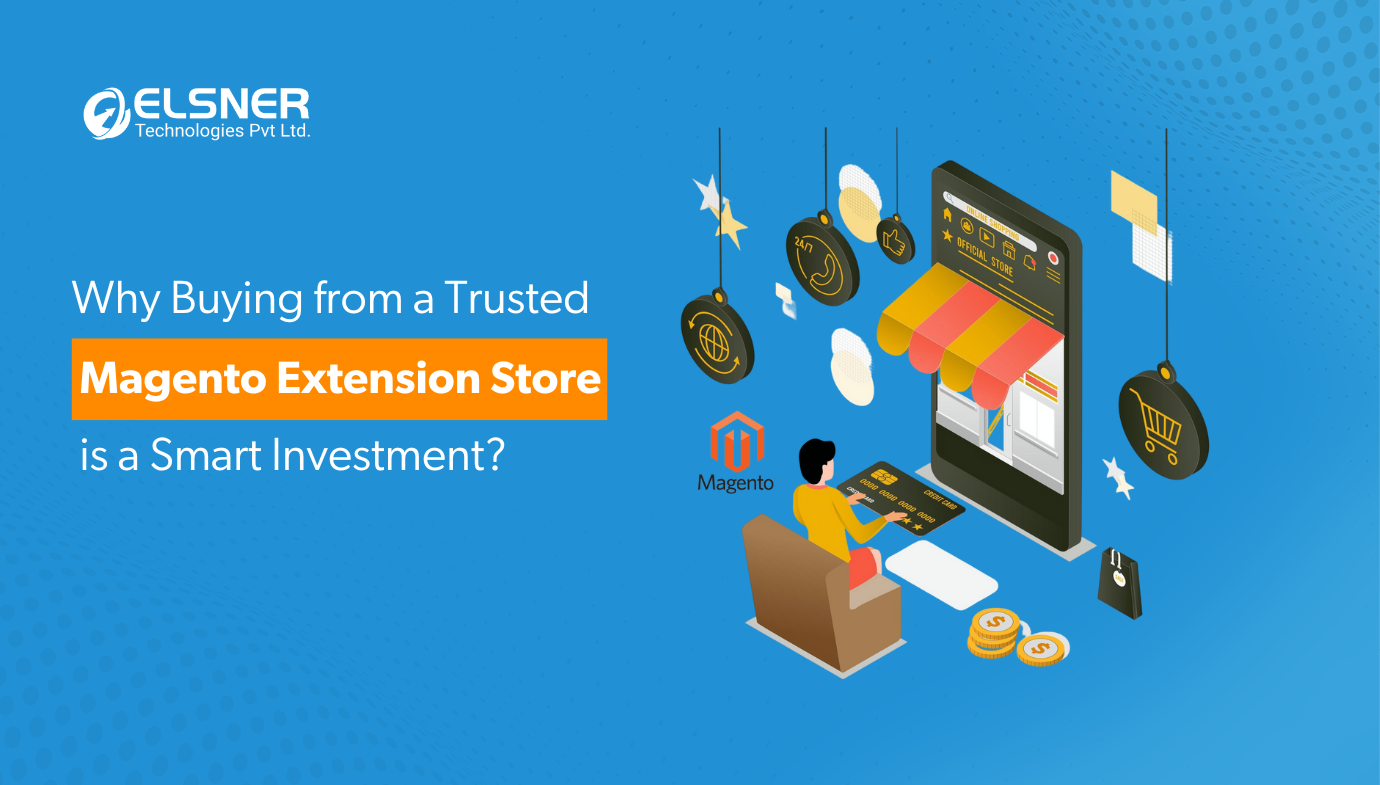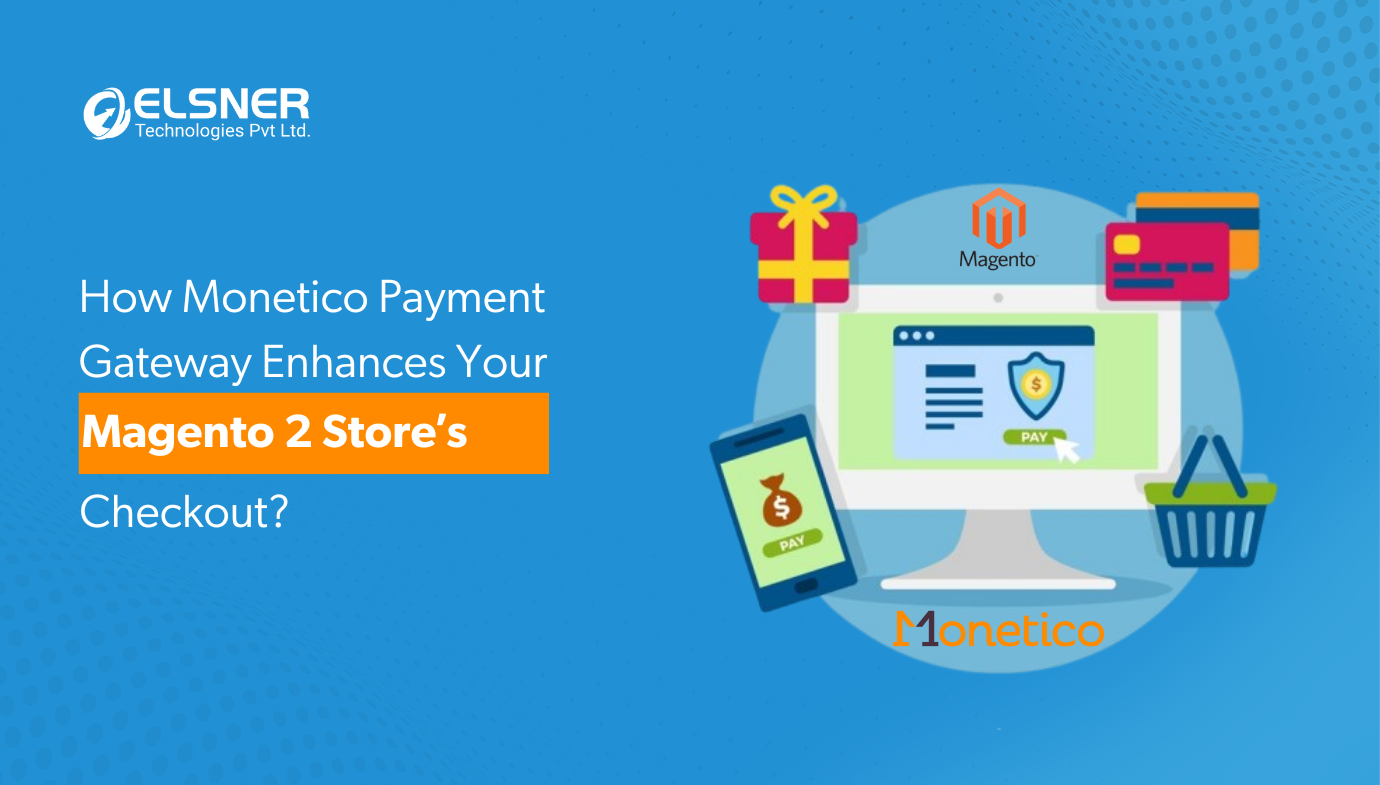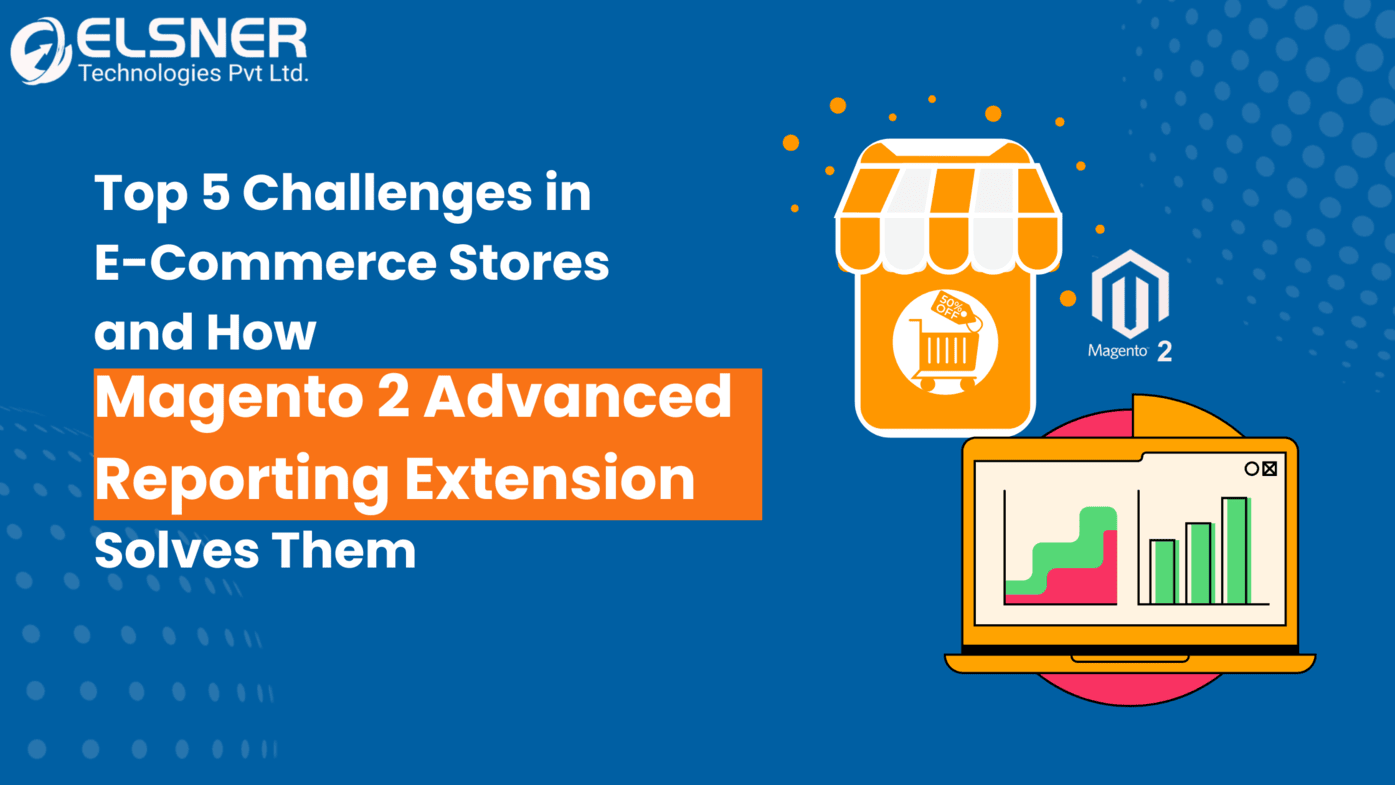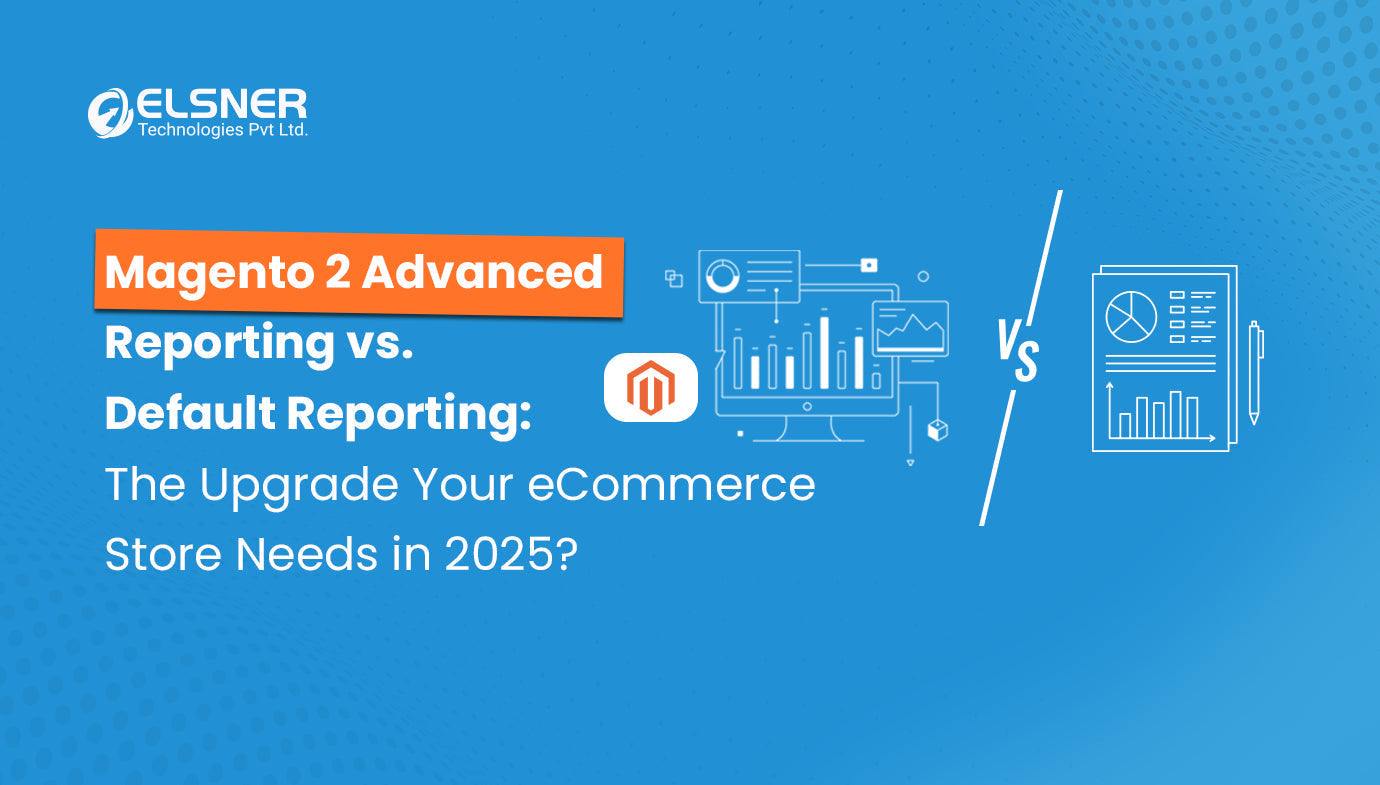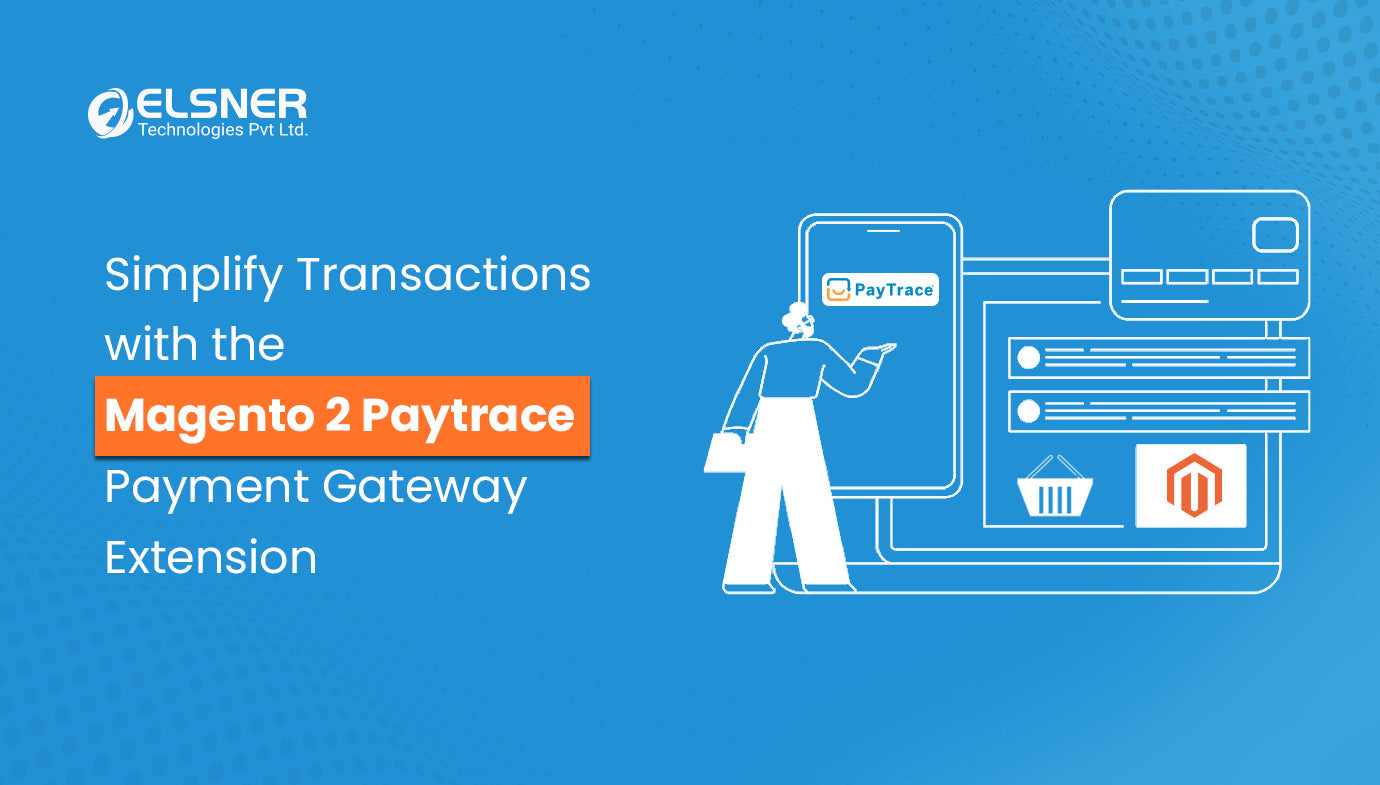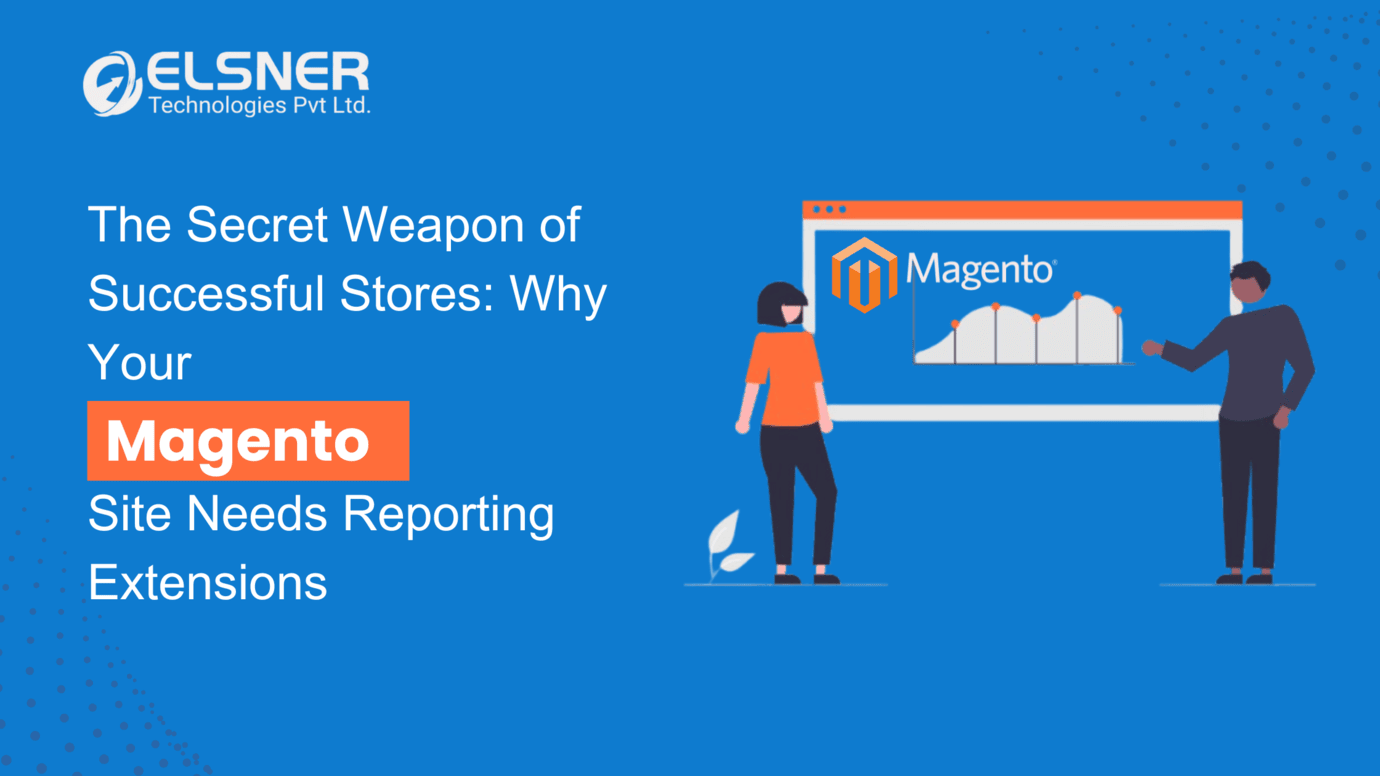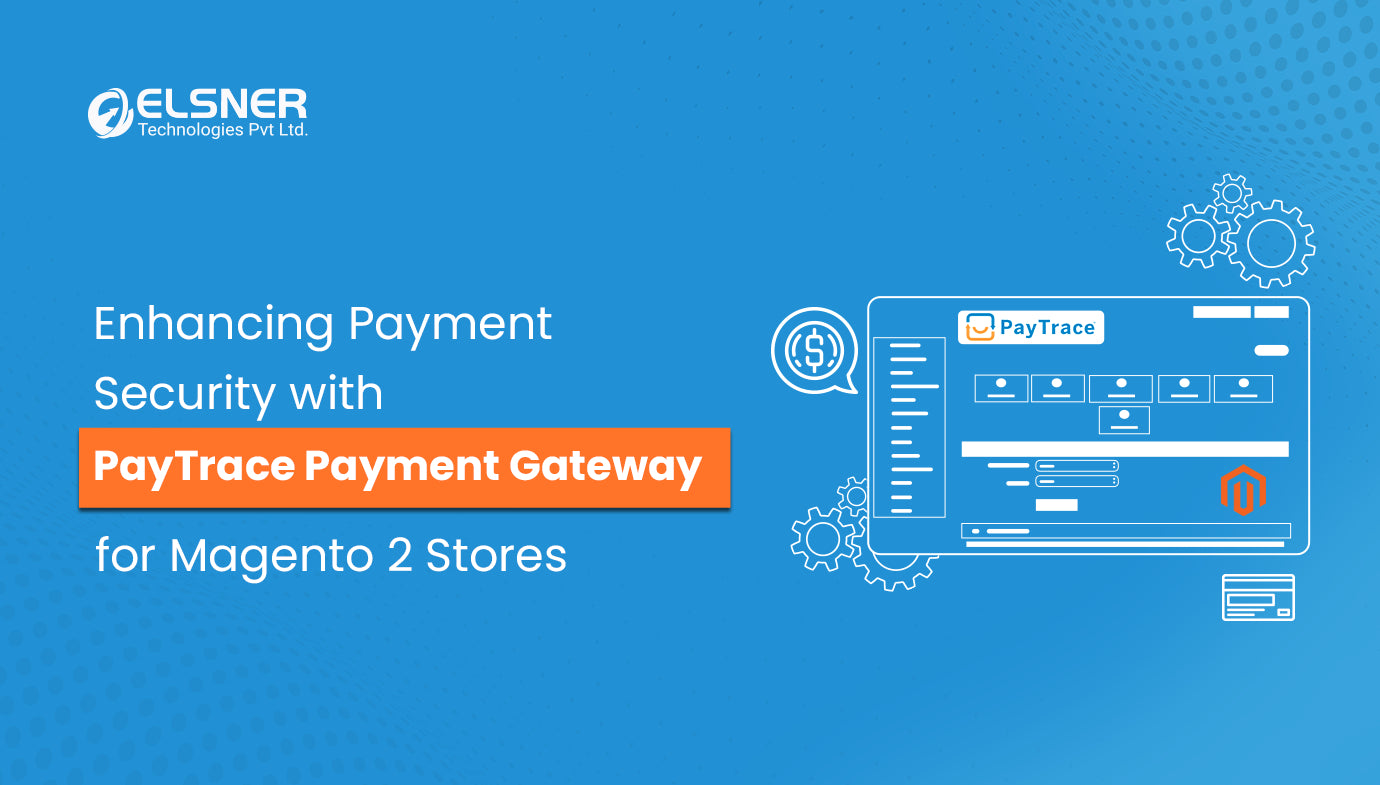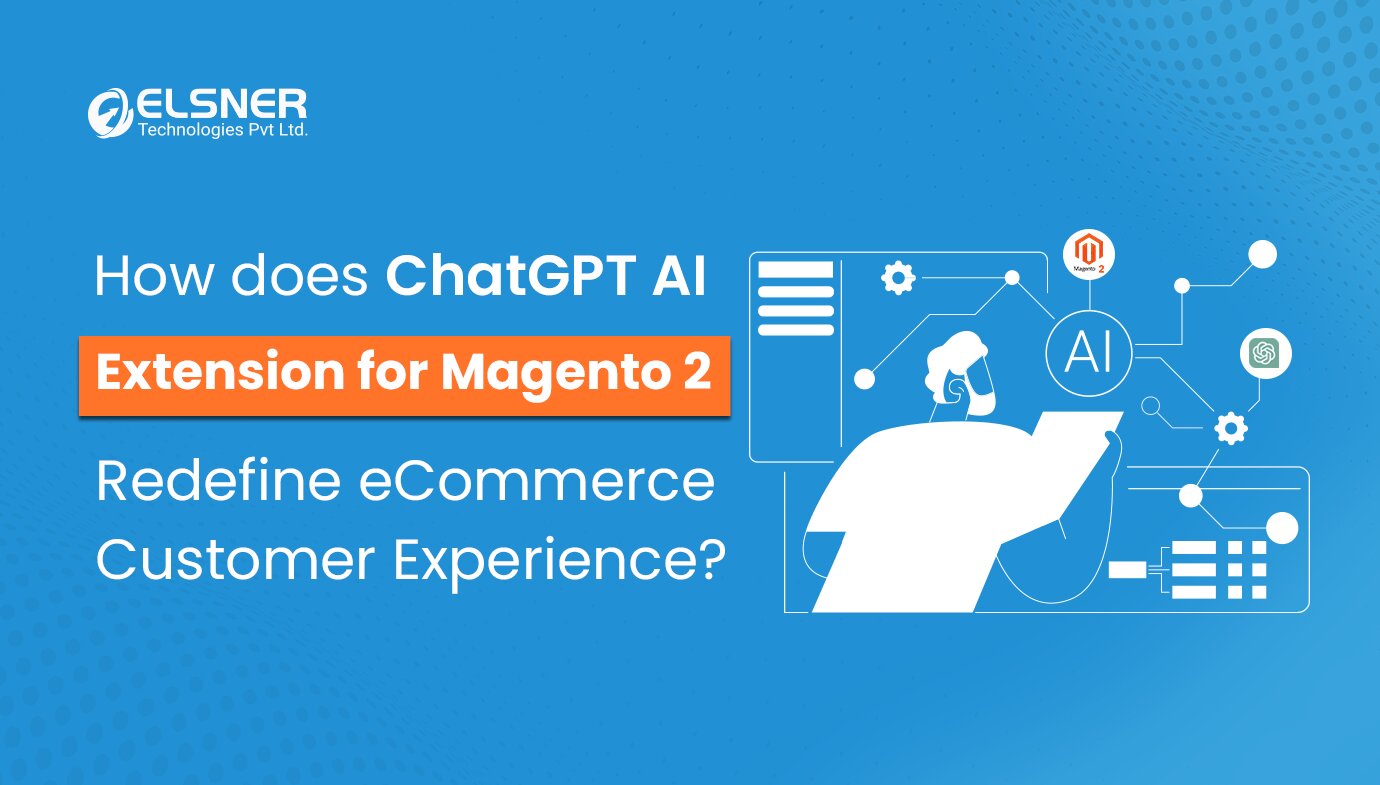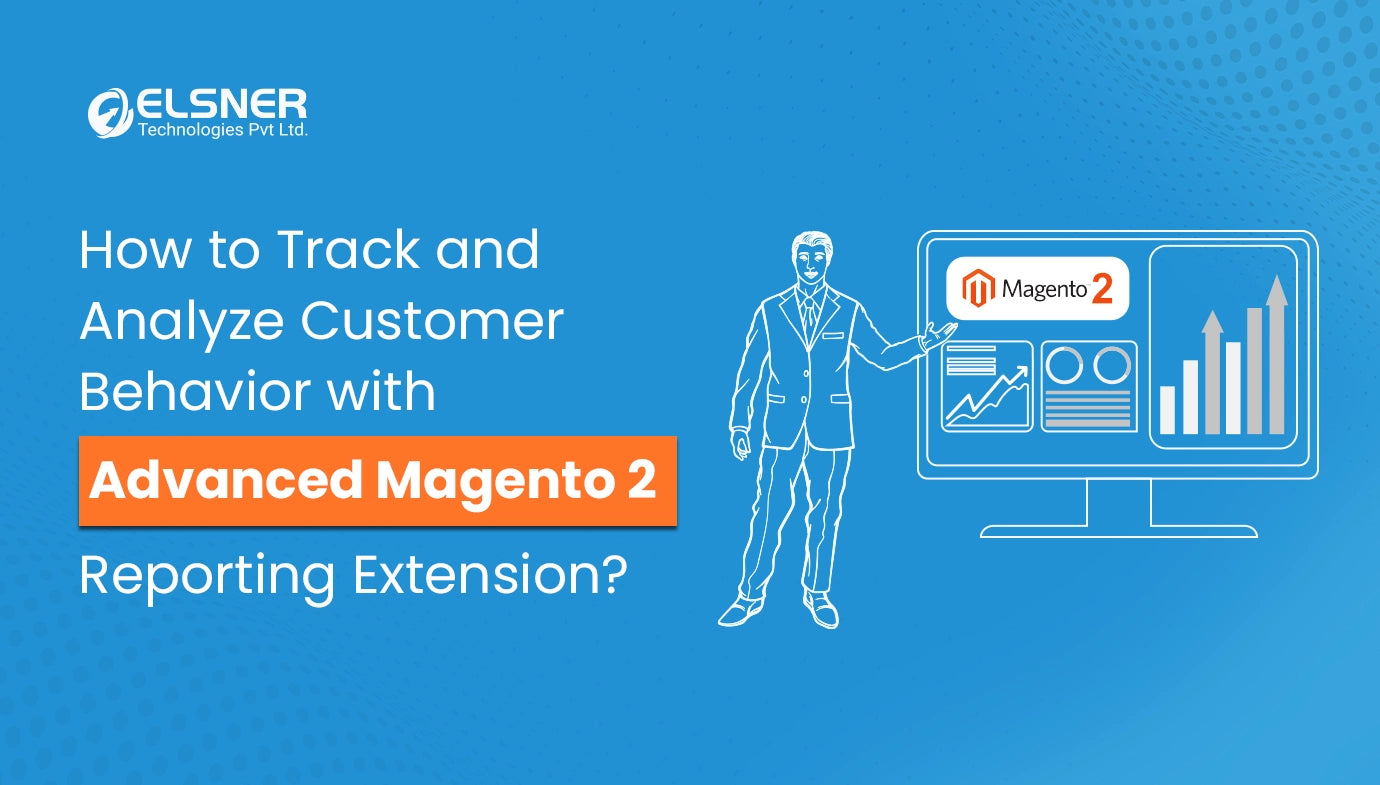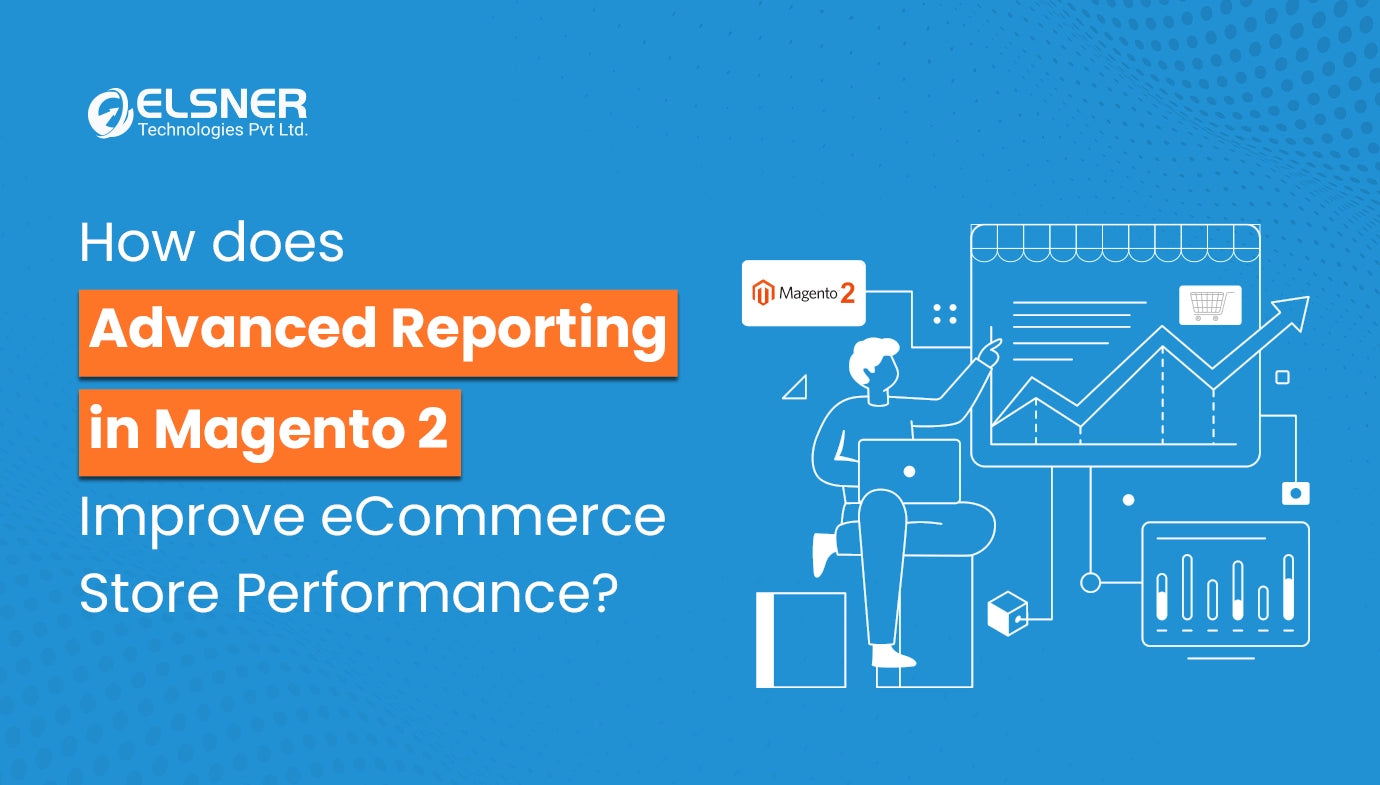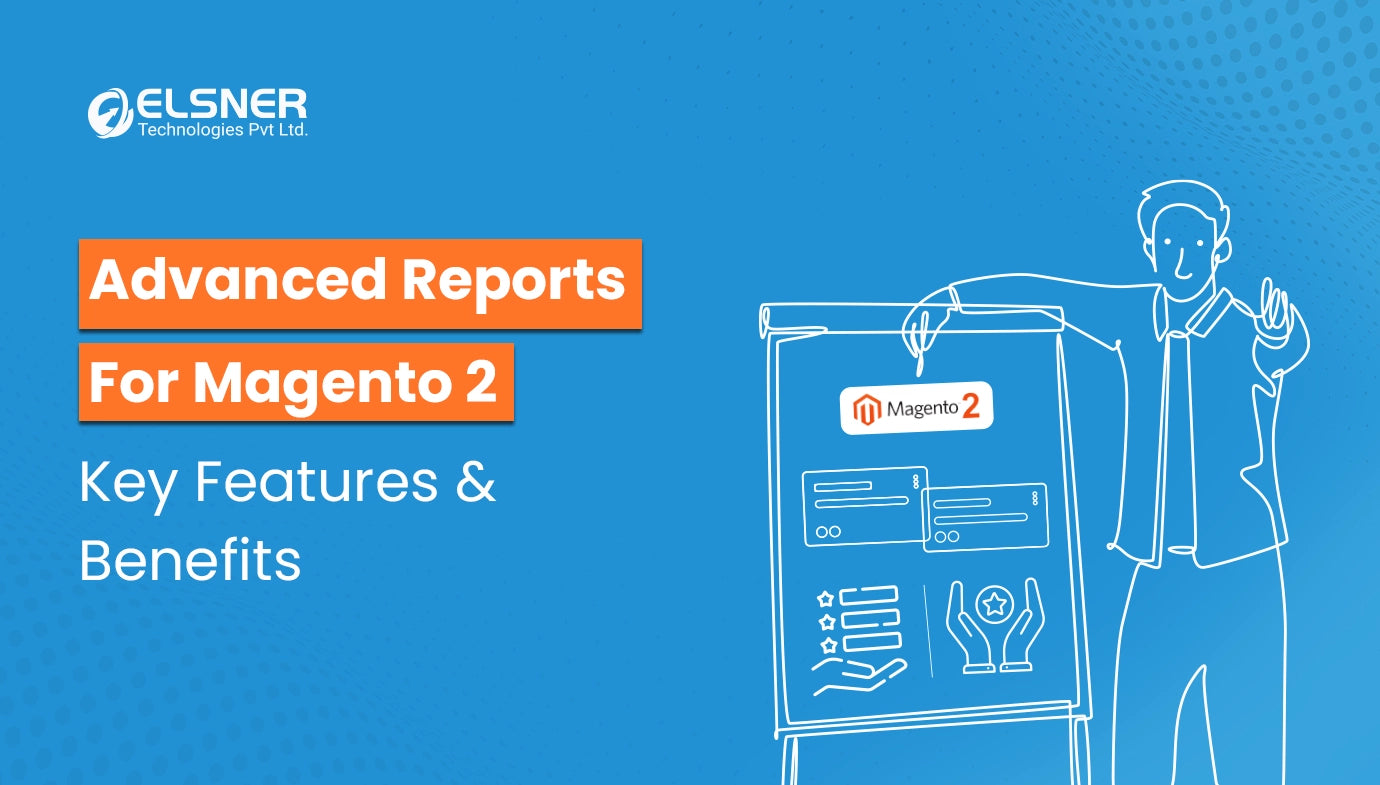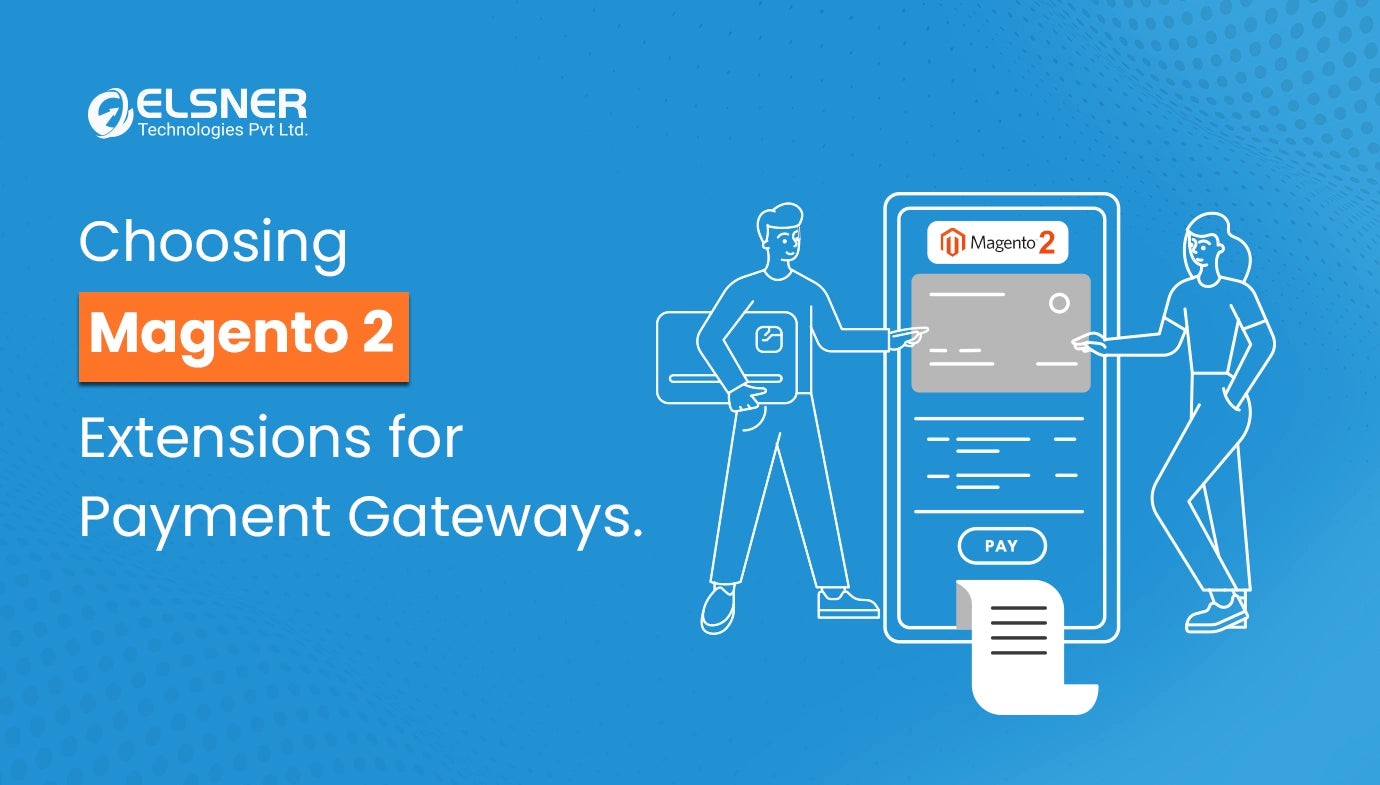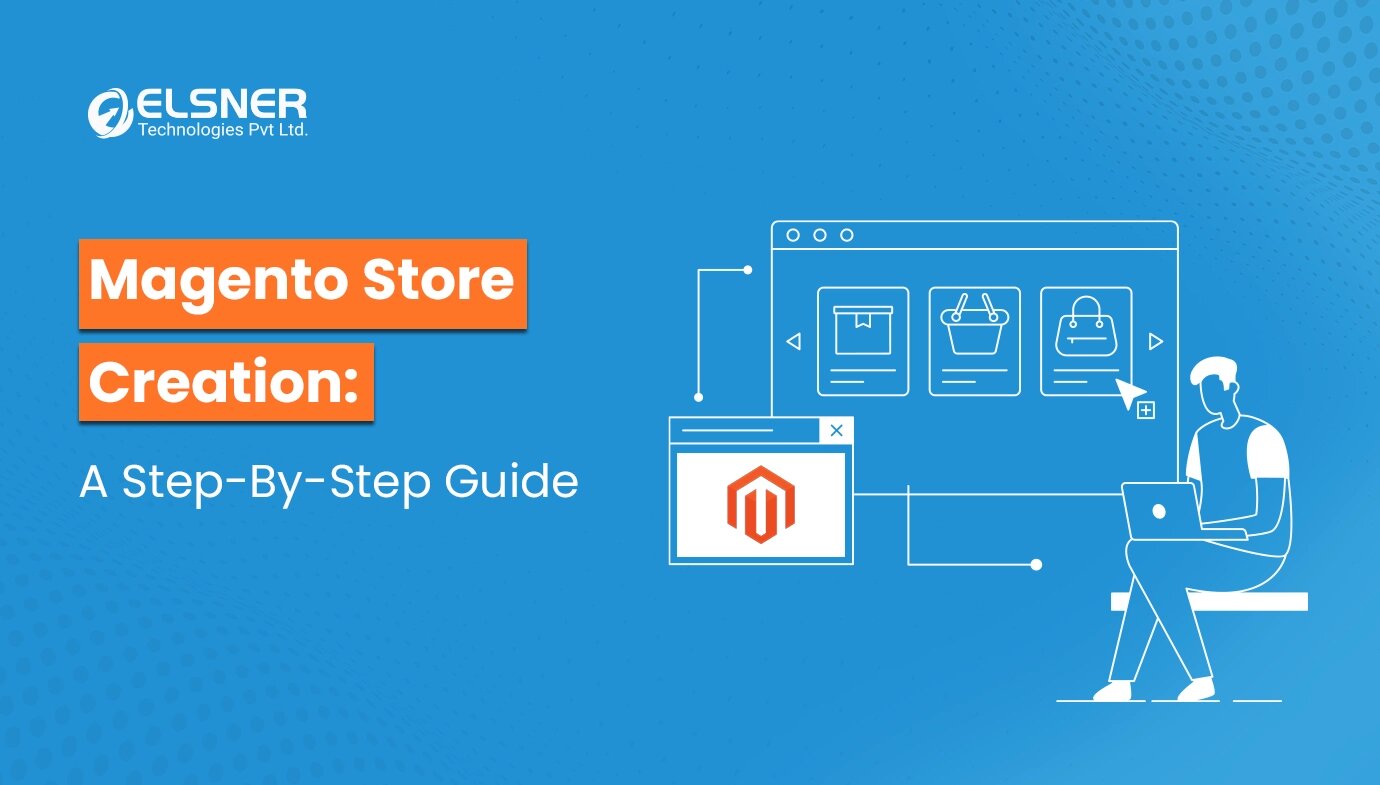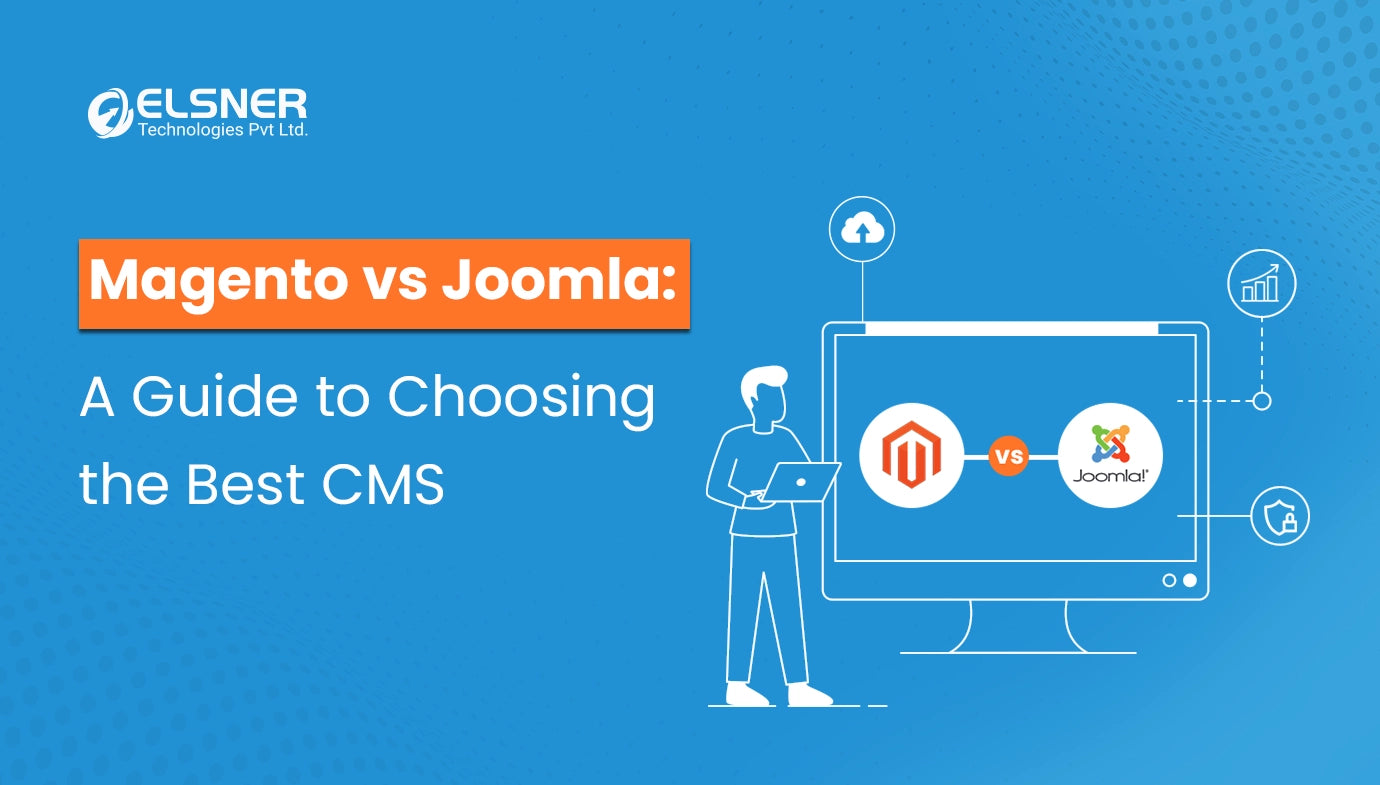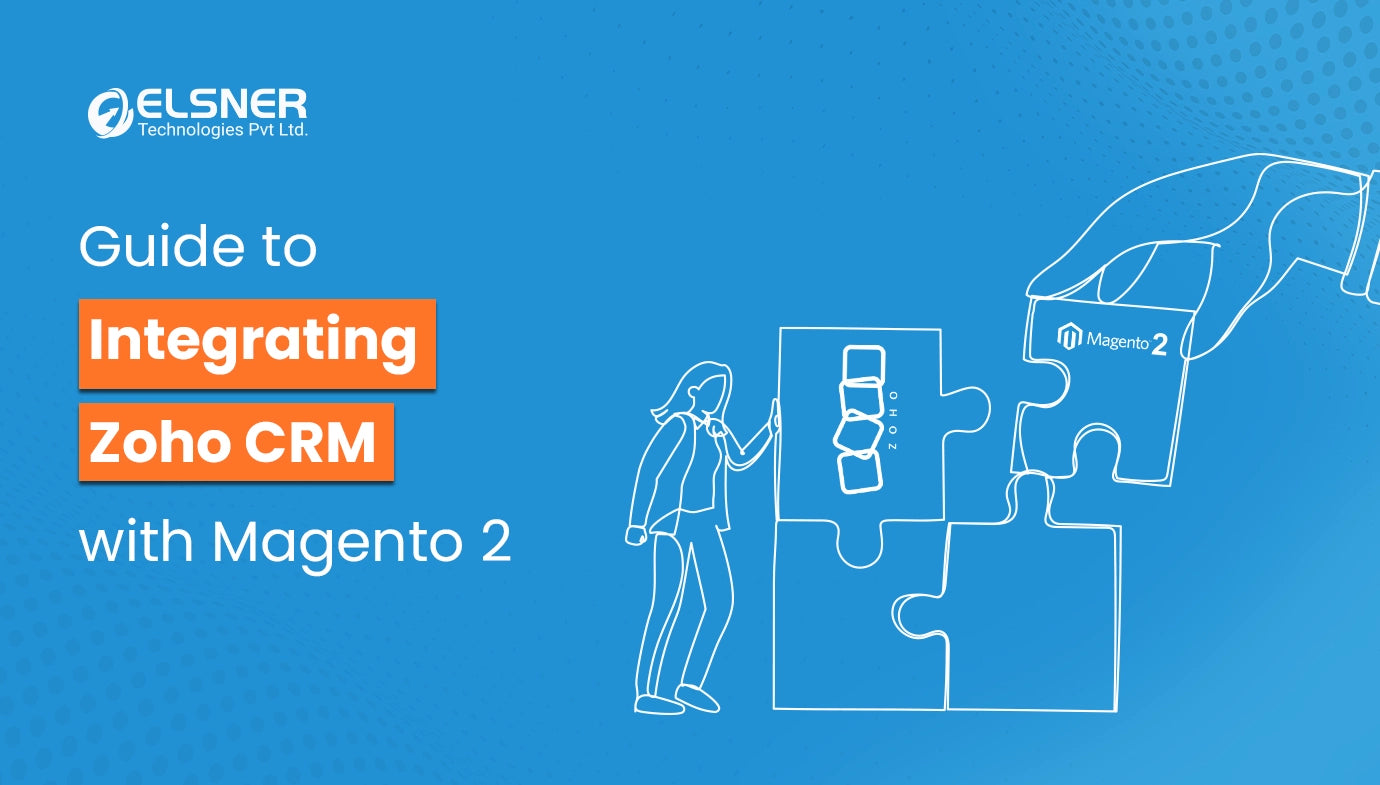On This Page
- What is Magento?
- What is osCommerce?
- What are the differences between Magento and osCommerce?
- Support and Community
- Which is better - Magento or osCommerce?
- Conclusion
Get in Touch
In the construction of an effective online store, the most critical consideration is the chosen platform. Despite the fact that there are many different choices available, Magento and osCommerce have emerged as the major players.
With regard to scalability and advanced features, Magento is recognized as a top choice while osCommerce is known for its user-friendliness. Choosing one from two can be hard though. It is important to think about factors like the size of the operation, understanding of technology, add-ons like Magento 2 extensions, or even financial resources.
This article compares Magento and osCommerce on their major differences so that you can decide which option would suit your ecommerce requirements better.
What is Magento?
Magento is a strong and free-to-use platform with many features like being extensible.
It includes many advanced customization options, powerful SEO tools, and integration capabilities.
This makes it ideal for every type of business regardless of size, especially those that have large intricate requirements.
Magento supports both community and enterprise editions to cover a broad range of business needs. Businesses can also Hire Magento Developer if they want assistance with anything.
What is osCommerce?
osCommerce is a free platform for ecommerce that has the basic online shop functions. It is simple to install, enabling small and medium businesses to use it easily.
osCommerce provides customization capabilities through community-developed add-ons.
However, it lacks some advanced features in comparison with modern platforms. osCommerce is mainly best-suited for firms whose ecommerce needs are less complicated.
What are the differences between Magento and osCommerce?
Ease of Use
Magento: It provides a rich number of Magento 2 extensions but may be challenging to implement and run, especially if you are not very tech-savvy.
osCommerce: It is more easy to use and easier for novices in comparison to Magento.
Customization and Flexibility
Magento: This can be fully customized and have a rich variety of Magento Marketplace Extension and themes that can be useful for businesses with certain requirements.
osCommerce: Offers a modest level of options for customization, which may not be sufficient for more specific tasks.
Scalability
Magento: It is an excellent solution for large numbers of products and transactions, which are relevant for businesses and enterprises with a growing sales volume.
osCommerce: Generally more suitable for companies, which do not need to accommodate large catalogs and high traffic loads.
Cost
Magento: Has a free community edition under Magento Development Services, but other functionalities and changes may be quite expensive. Additional costs may also include web hosting and the maintenance of the site.
osCommerce: Free with an open-source code but requires payment for hosting services, customization, and extension of new functionalities.
Support and Community
Magento: It has a strong community, is thoroughly documented, and offers professional help which makes it easier to seek assistance.
osCommerce: It also has a community and discussion forums for customers, which are not as extensive or as actively developed as those of Magento.
Performance
Magento: Popular due to its availability of resources and powerful web hosting solutions, particularly when the site is under strain from thousands and thousands of visitors.
osCommerce: Slimmer and quicker, which means that it takes fewer resources from the server to work, yet some of the extra utilities can be absent.
Security
Magento: Comes equipped with enhanced security measures and frequently delivers updates from Magento Development Services for added business protection especially those dealing with customer data.
osCommerce: It has some fundamental security measures that can be accessed, but more security can be added or the software may need to be monitored even more carefully as updates and support are not constant.
SEO and Marketing Features
Magento: Includes additional SEO and marketing features, so that users can fine-tune SEO and use them in marketing campaigns if they Hire Magento Developer.
osCommerce: Provides a fundamental set of SEO tools and minimum marketing capabilities but allows to addition of modules or adjustments to equal Magento.
Integration with Third-Party Services
Magento: Provides wide compatibility with third-party features such as payment processors, shipping systems, etc.
osCommerce: There are some basic integration options available with this tool but they may not support third-party services.
Which is better - Magento or osCommerce?
Deciding on osCommerce or Magento would be determined by your unique business requirements, technical aspects, and budgetary constraints. Below is a brief comparison of the two platforms to assist you in making an informed choice:
Magento
Better For:
Large Businesses and Enterprises
Most suited for large merchants and industries, as it allows a greater number of products and configurations.
Customization and Flexibility
Has many options for customization and provides access to numerous add-ons from Magento Marketplace Extension.
Advanced Features
Offers powerful search engine optimization tools, marketing features, and compatibility with other services.
Scalability
They can also cater to large amounts of traffic and transactions, which makes them ideal for growing businesses.
Considerations
Complexity
It is not generally easy to implement and requires some level of technical know-how. Magento Development Services can help to set up the ecommerce site.
Cost
Although the community edition is free, enterprise solutions and maintenance can be expensive.
osCommerce
Better For:
Small to Medium-Sized Businesses
Ideal for small and basic websites that require the functionality of an online shop.
Ease of Use
They are easier to set up and manage which makes it possible for beginners to establish them.
Cost-Effectiveness
They are cheaper since they are free and open source when compared to complex ones.
Considerations
Limited Features
May not have some of the professional features and flexibility of Magento.
Scalability
Not the best option for accommodating large product databases or high traffic.
Community and Support
Compared to Magento, has less population and fewer programs.
Conclusion
If you’re very technically proficient and want a solid, expandable, and equipped platform with Magento 2 extensions, then go for Magento.
On the other hand, if you have some simpler ecommerce requirements and do not want to spend much, pick osCommerce.
You should consider factors such as your company’s form, objectives, and resources in making this decision.
This will allow you to choose the platform that will best serve your online store’s success.

